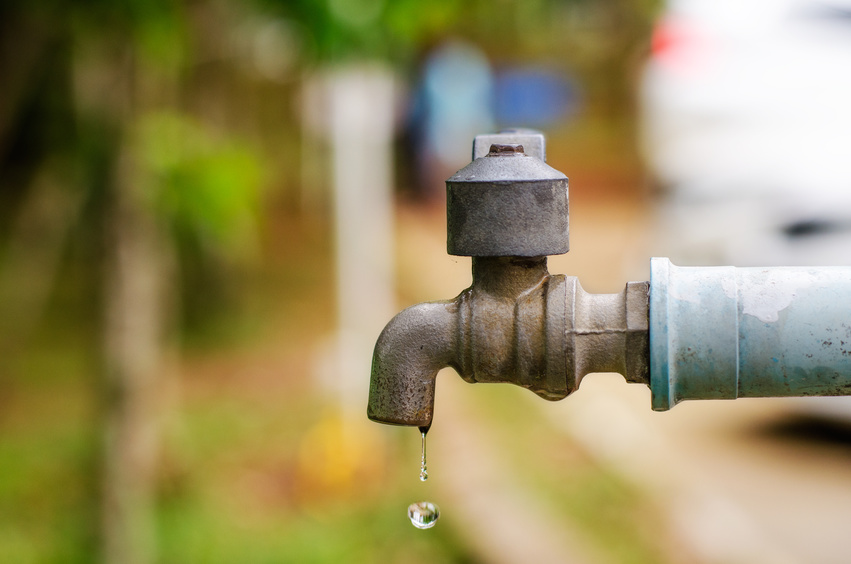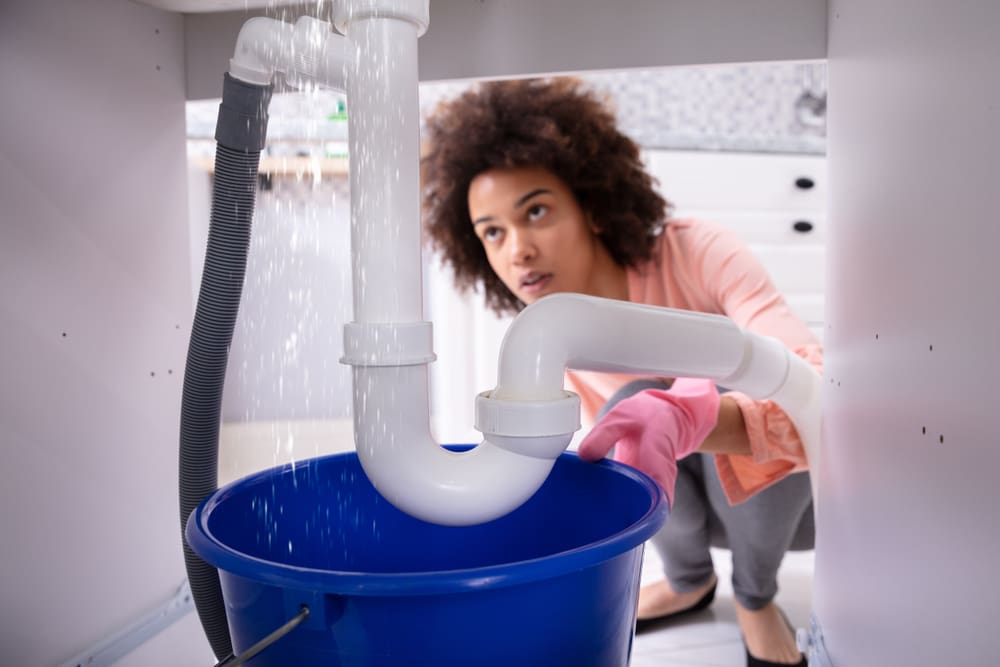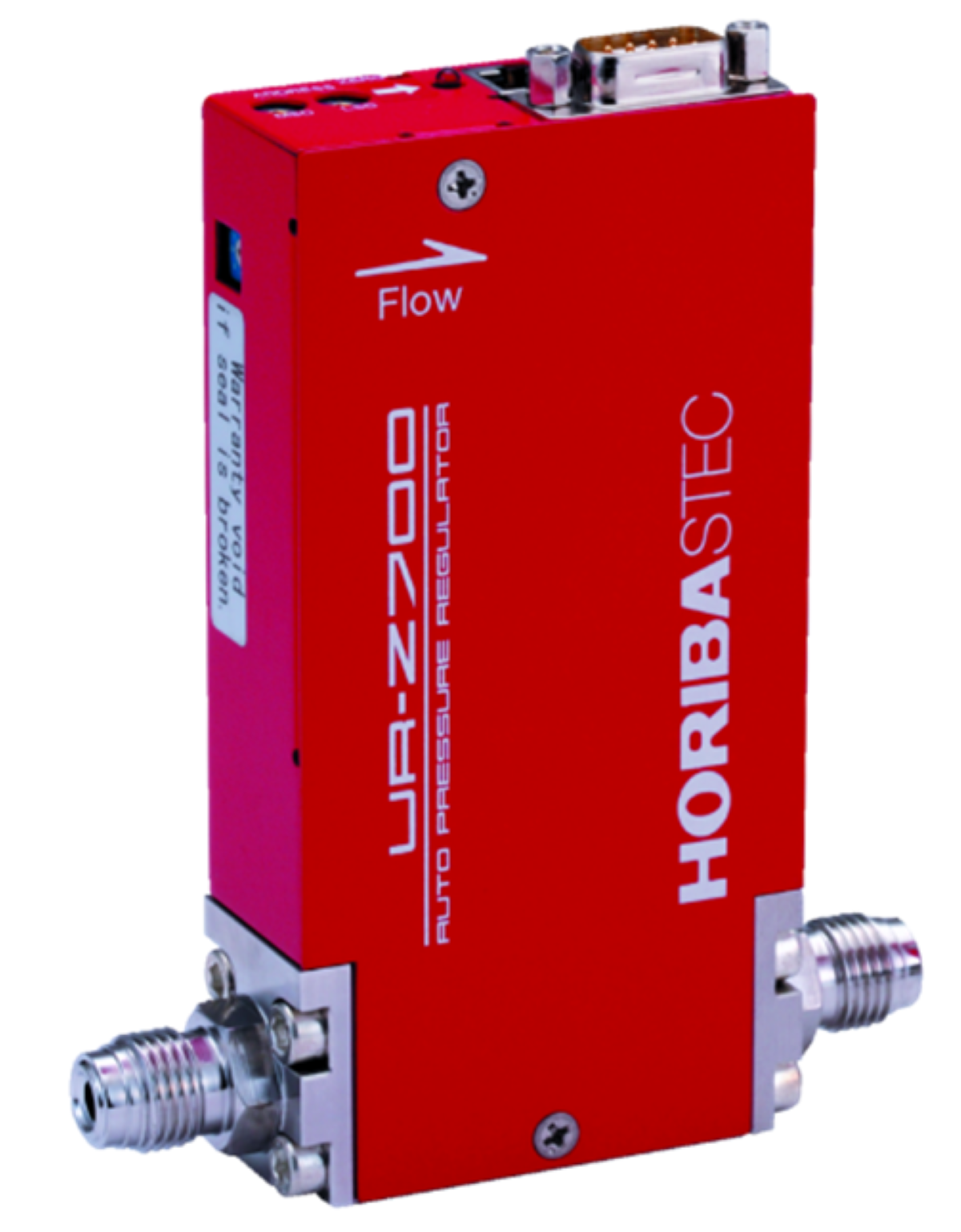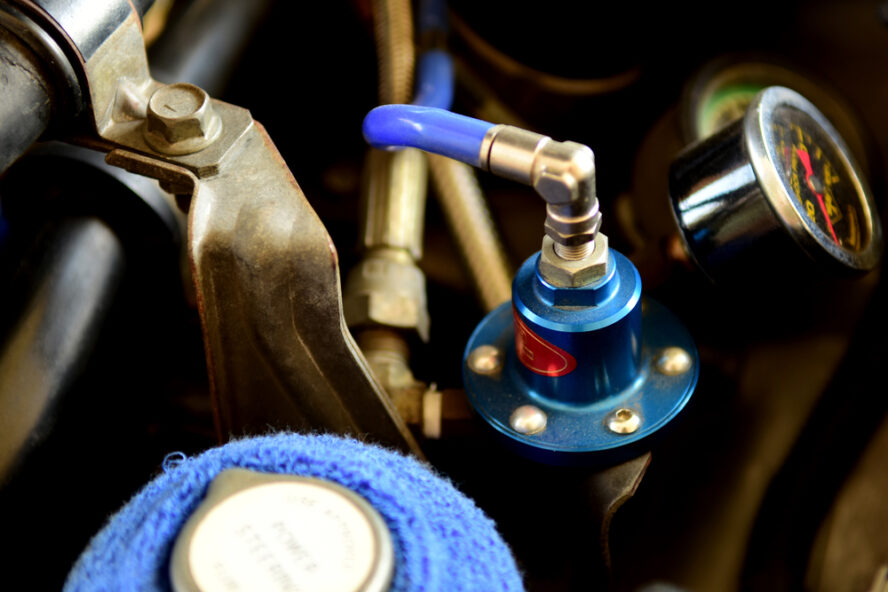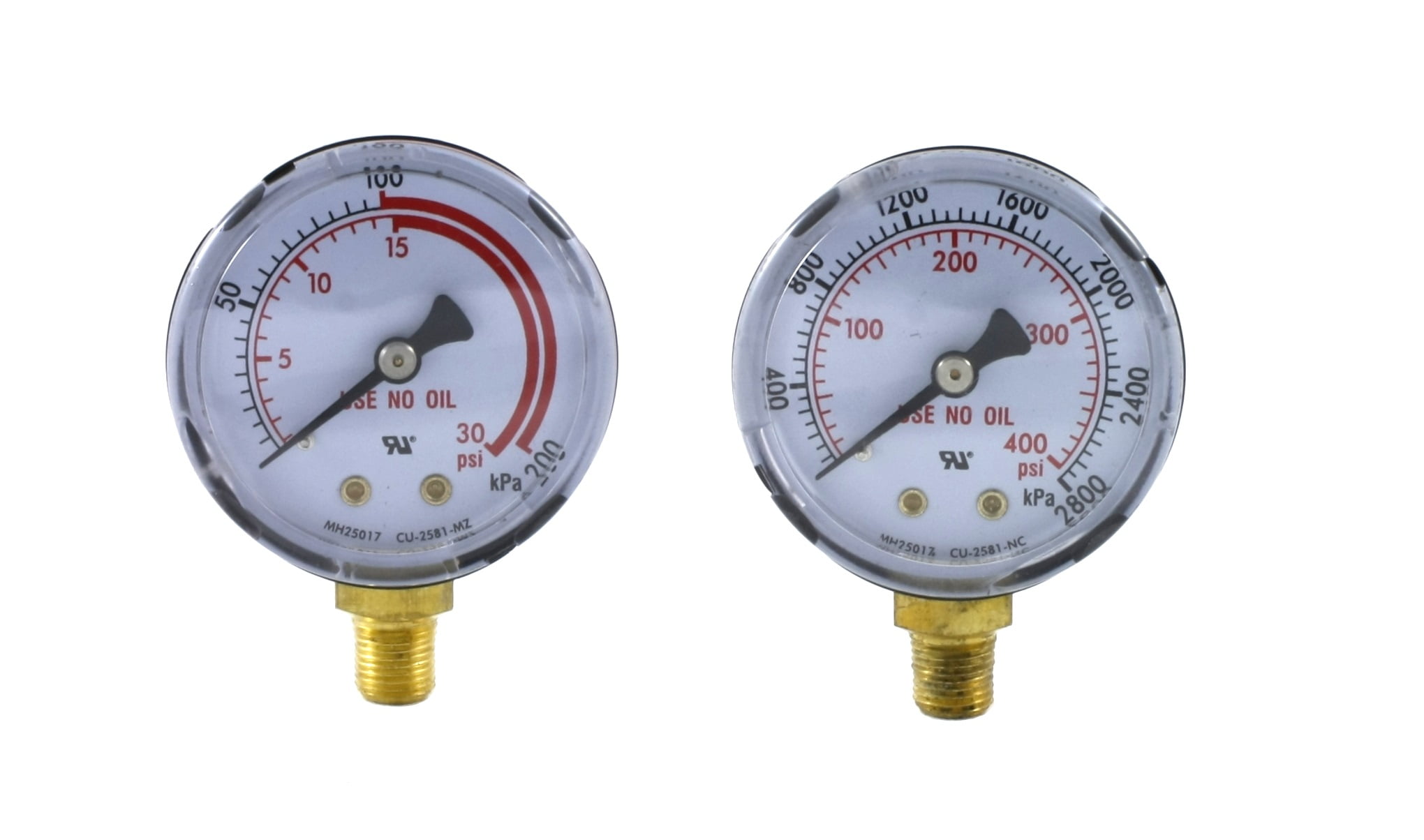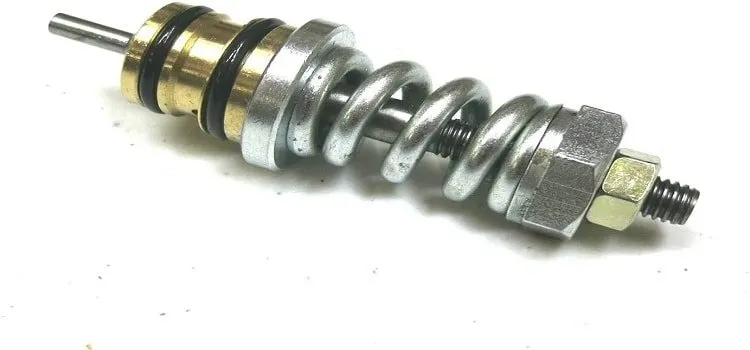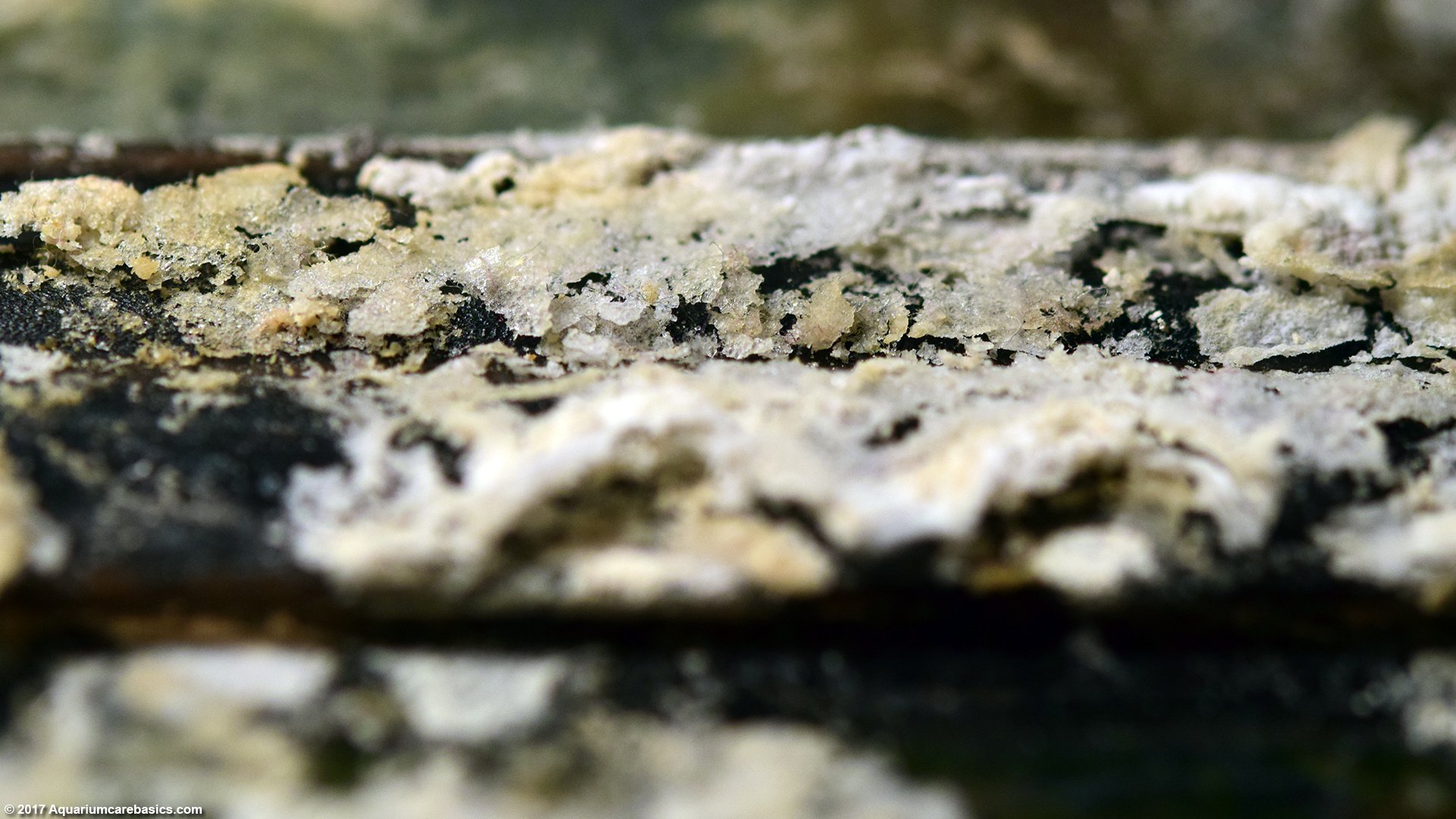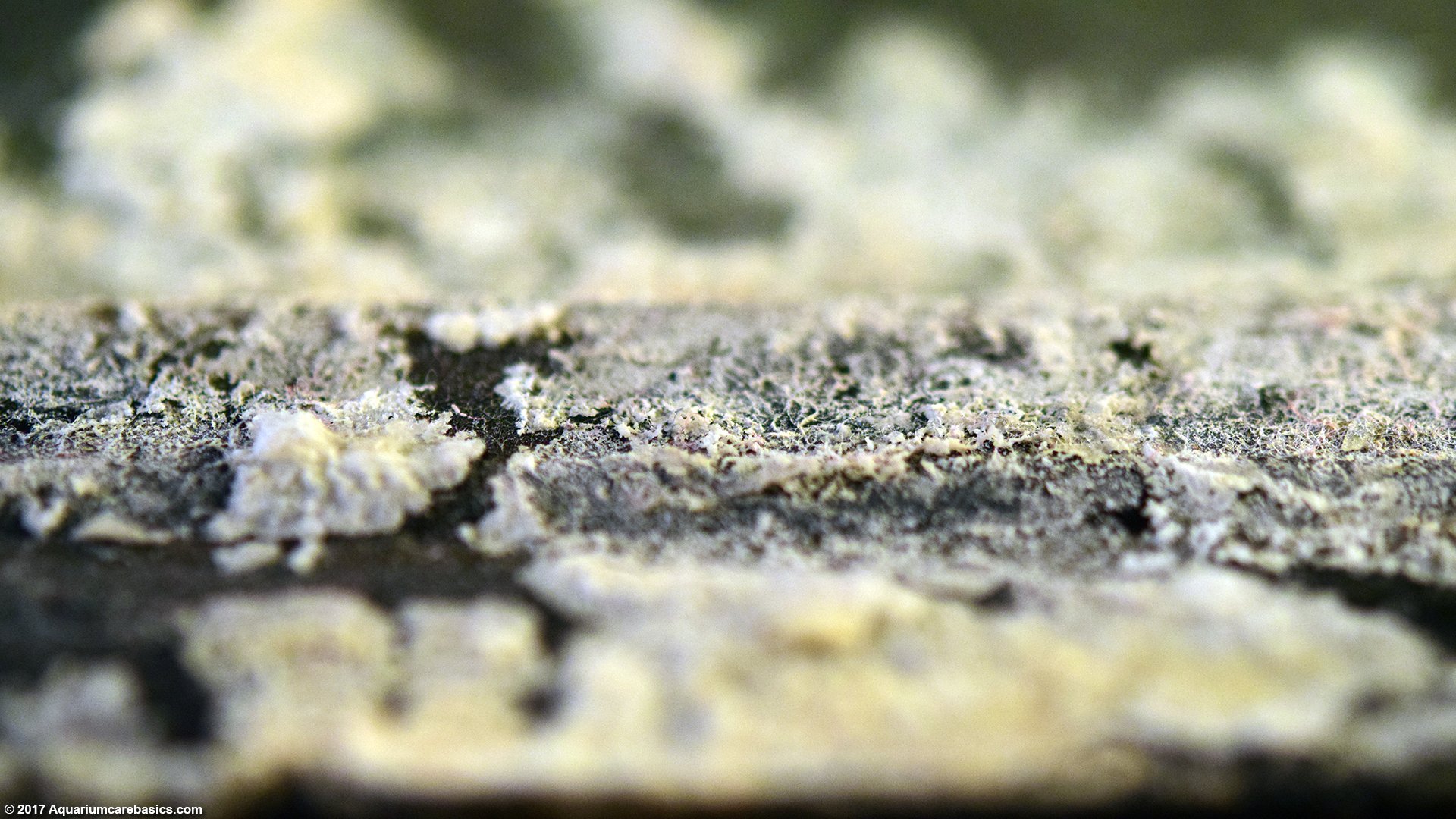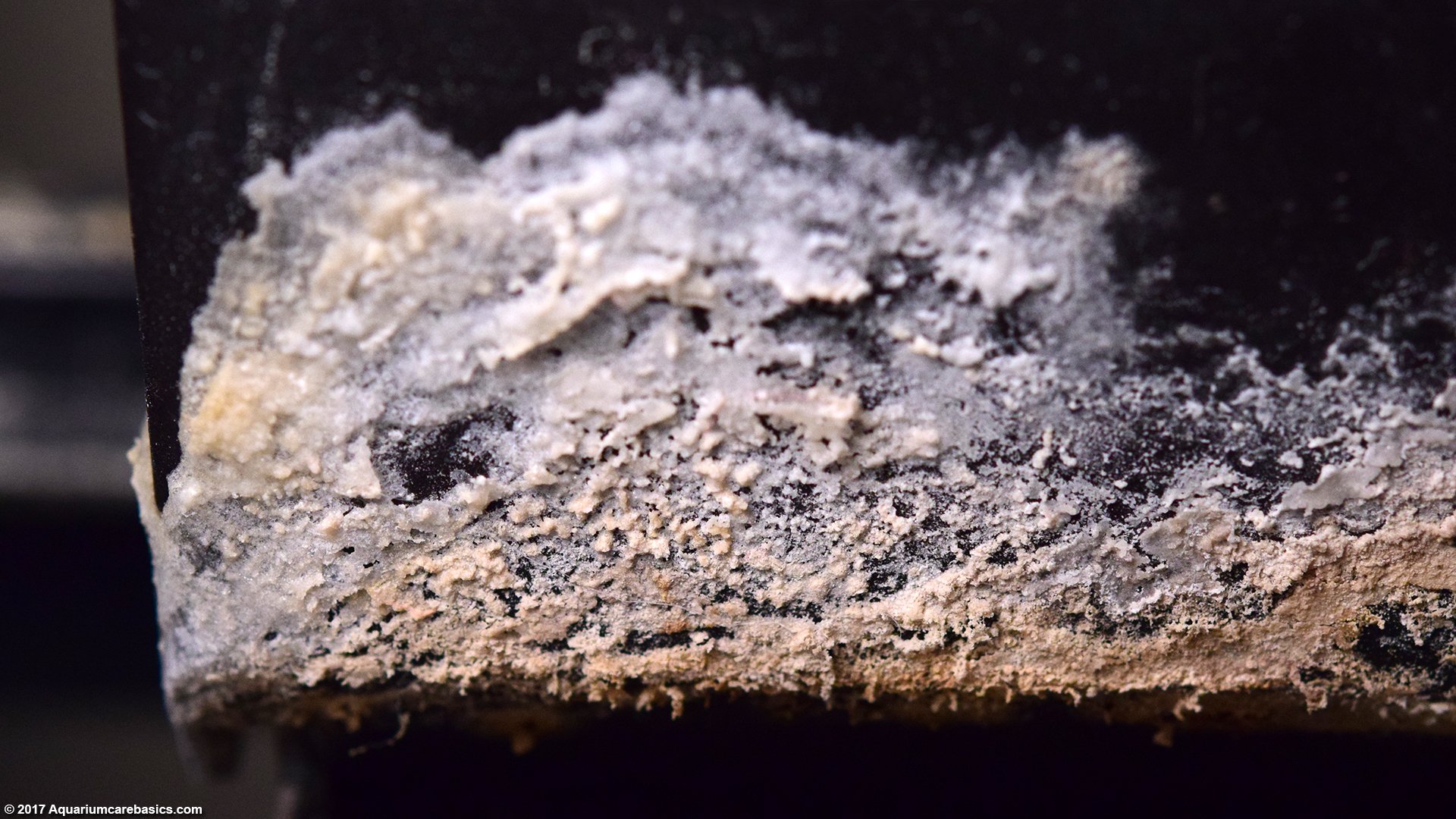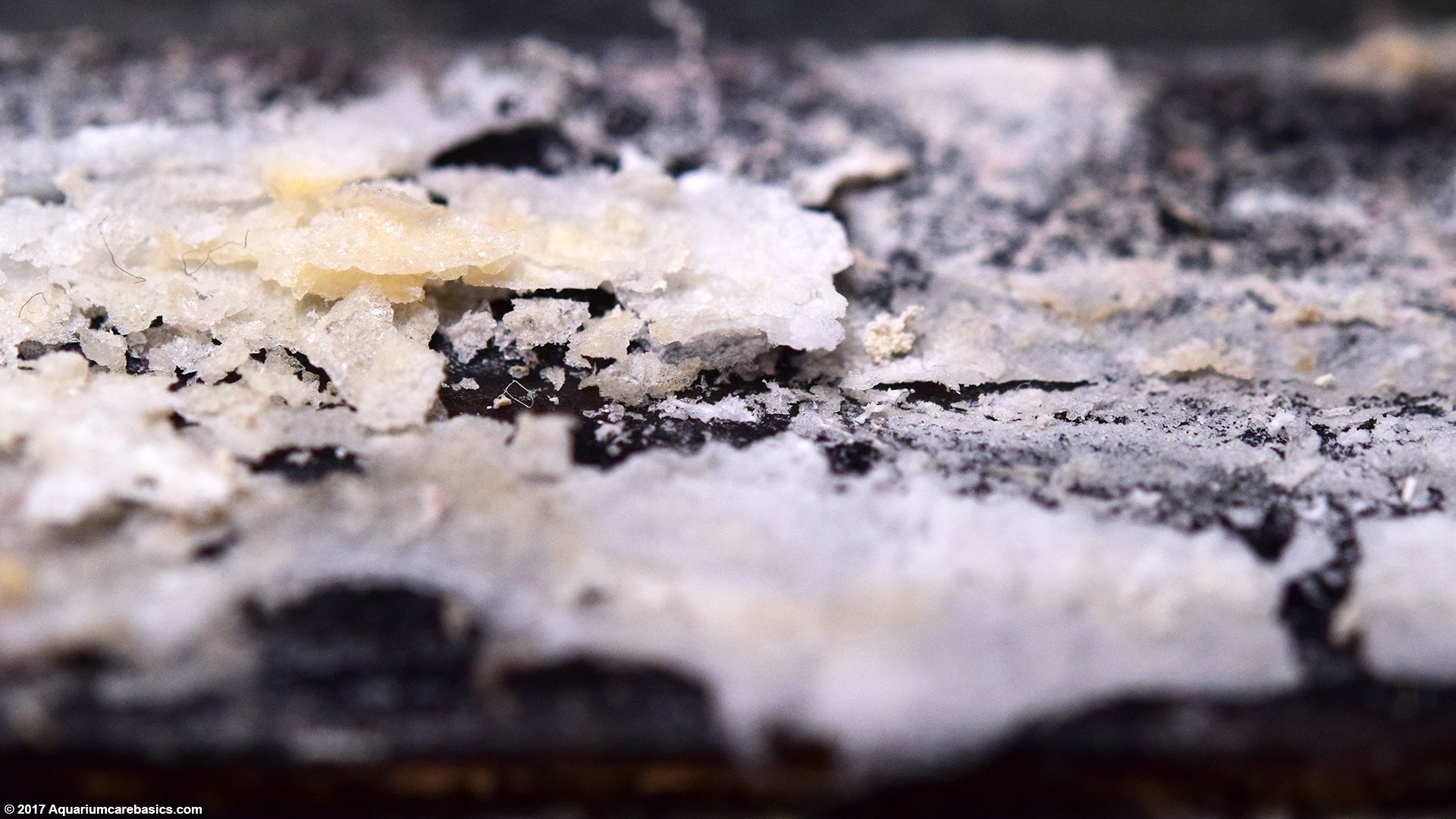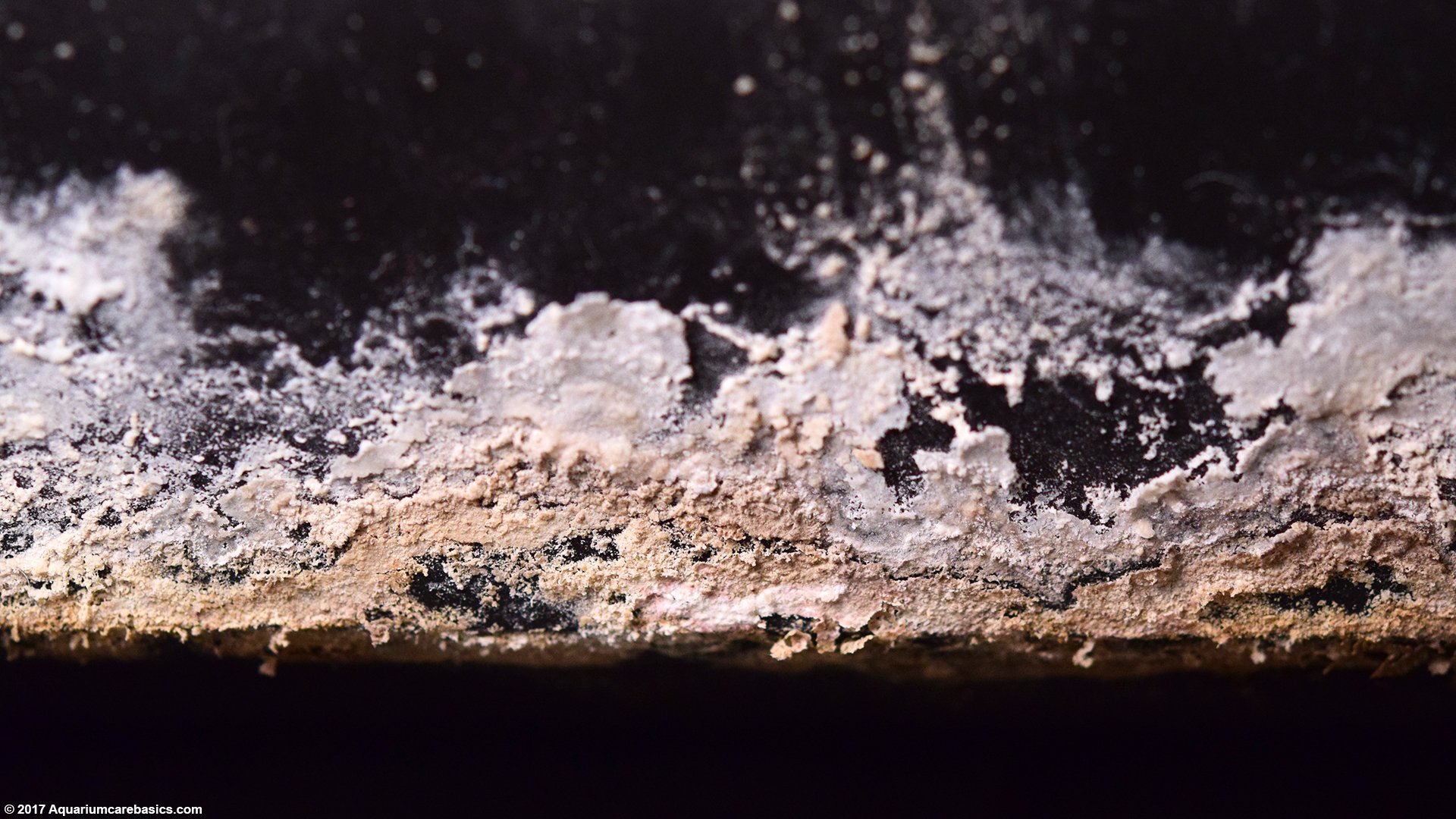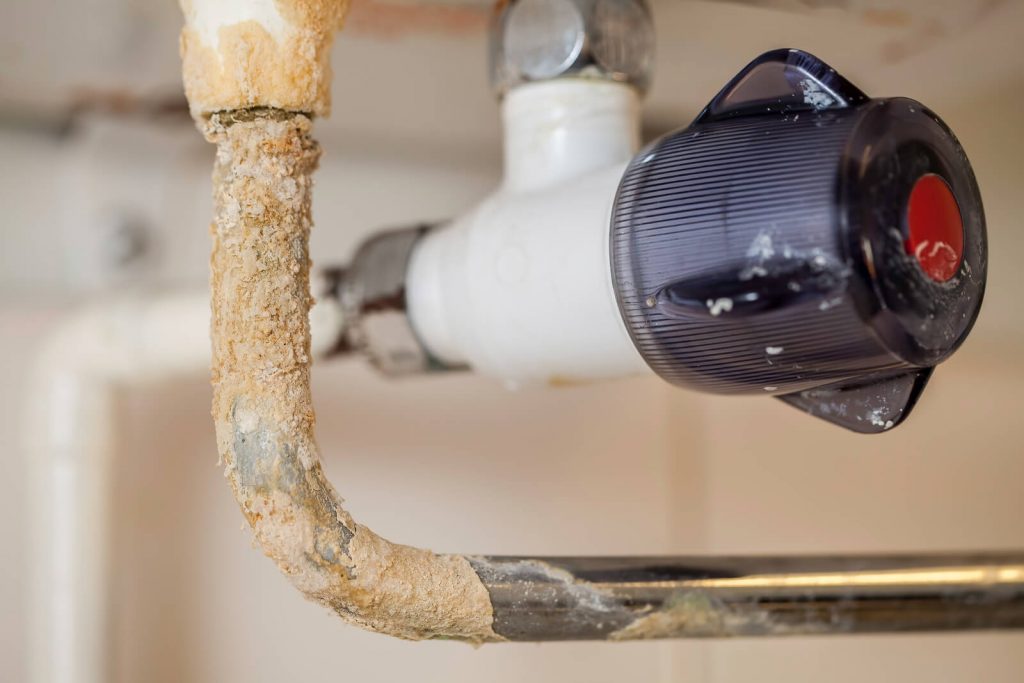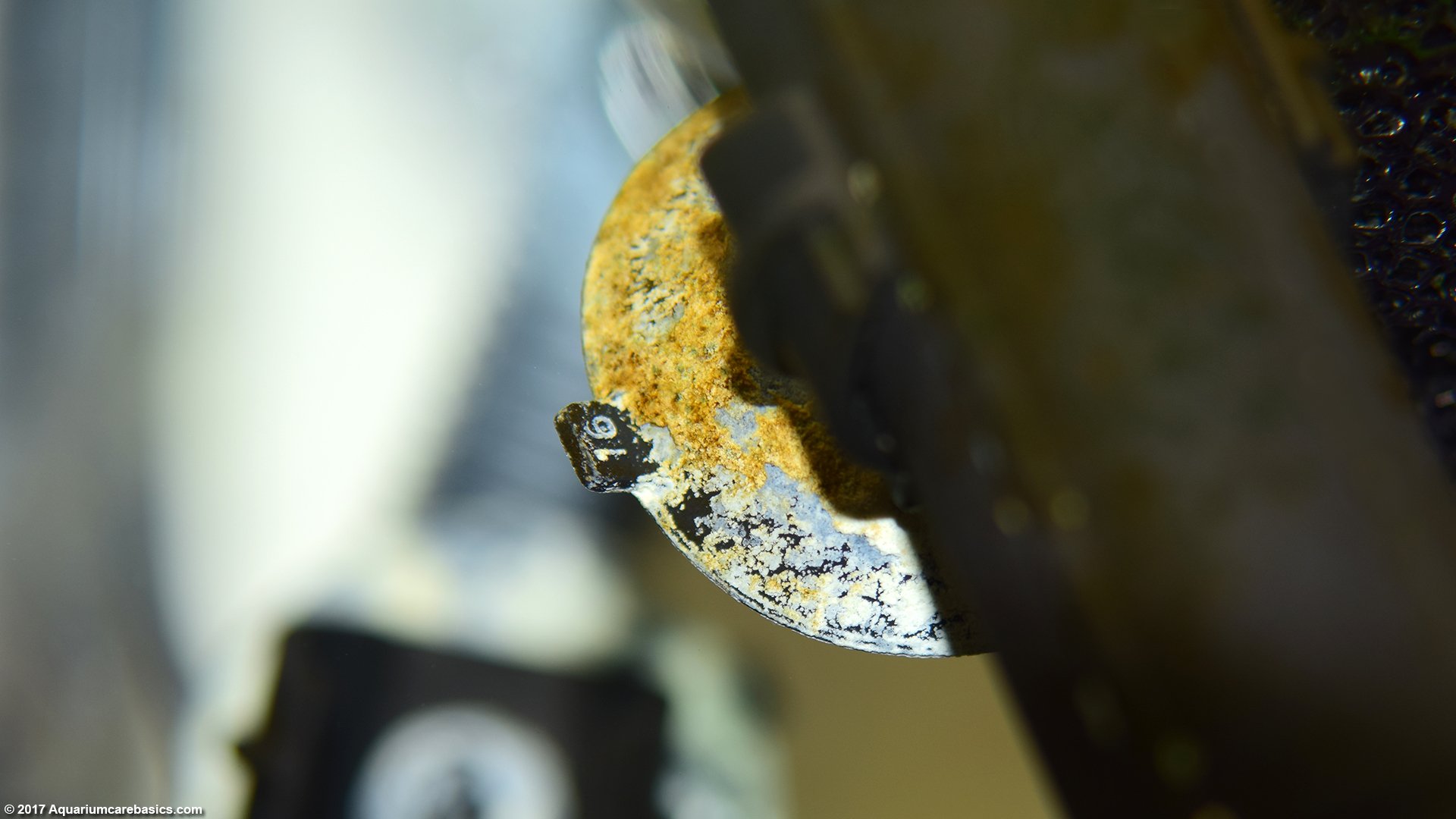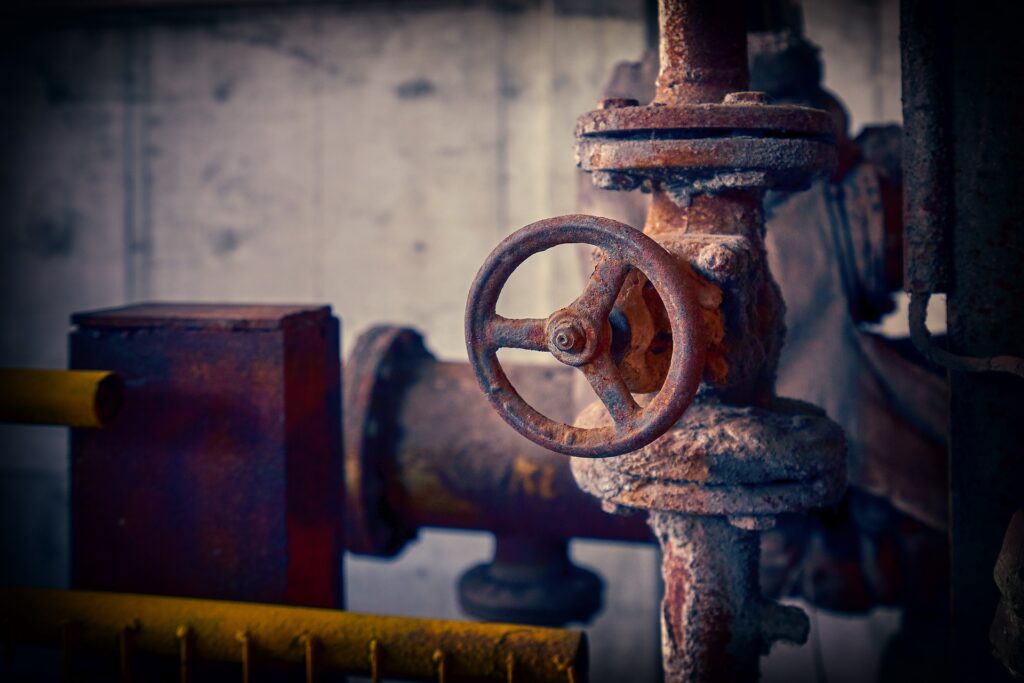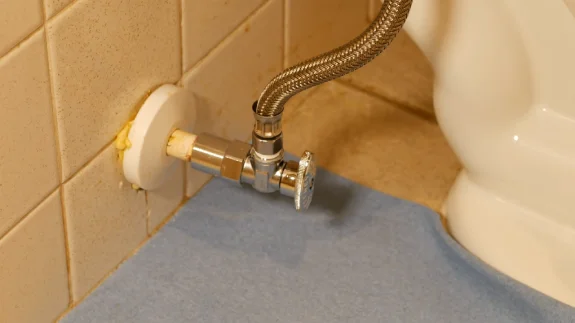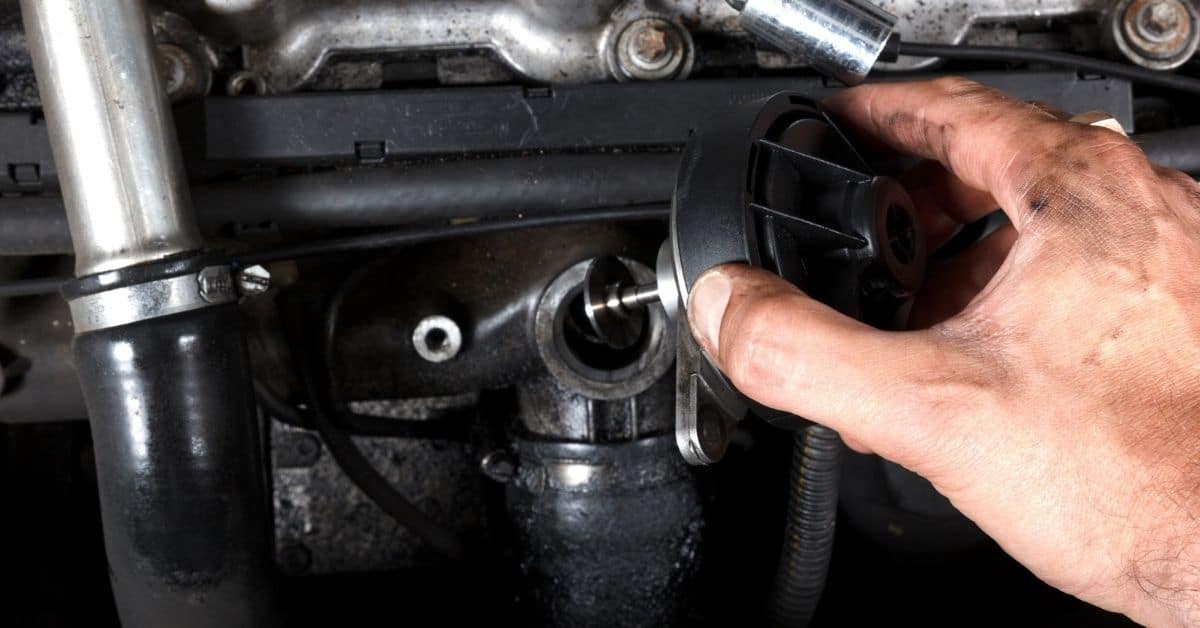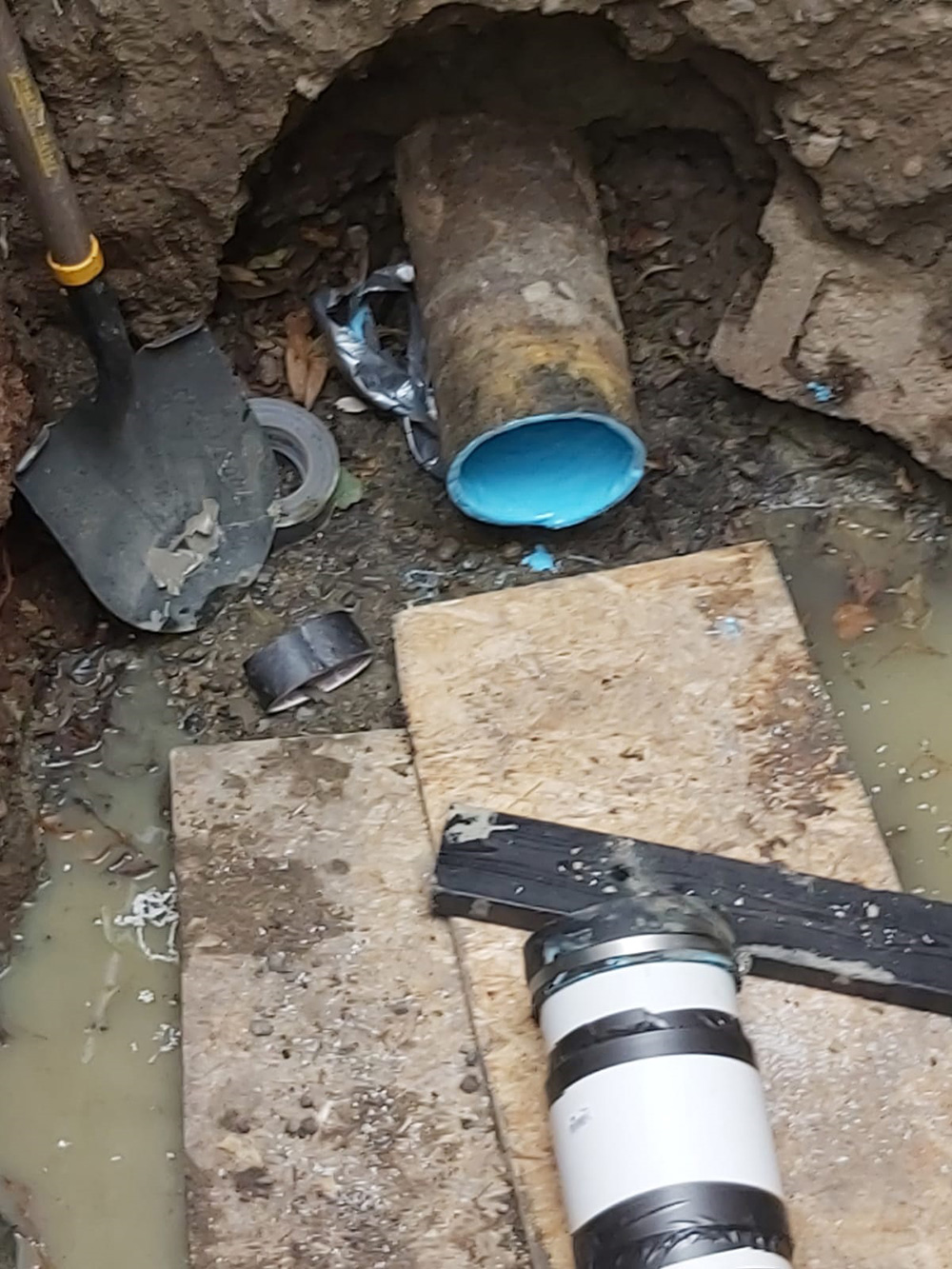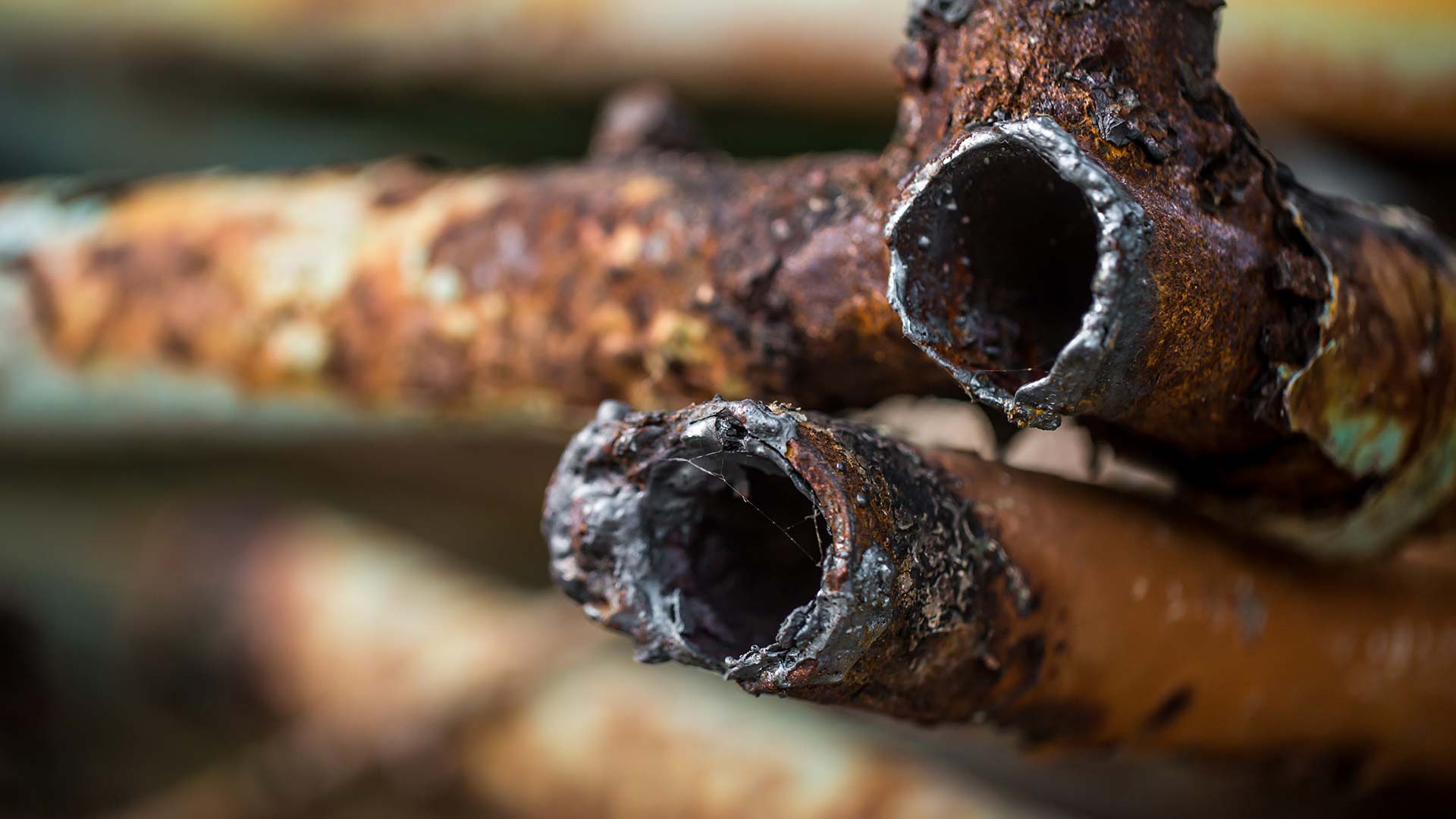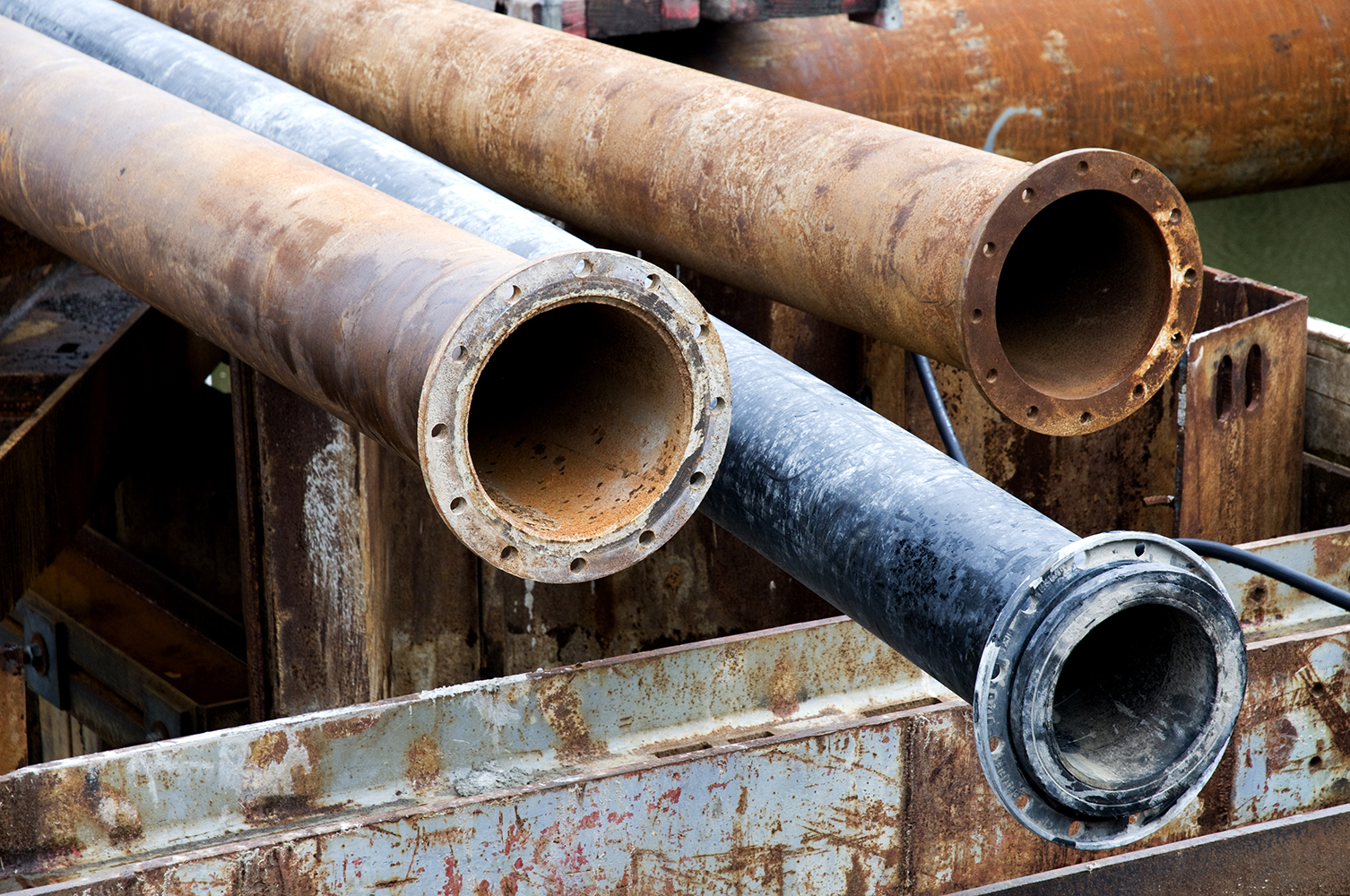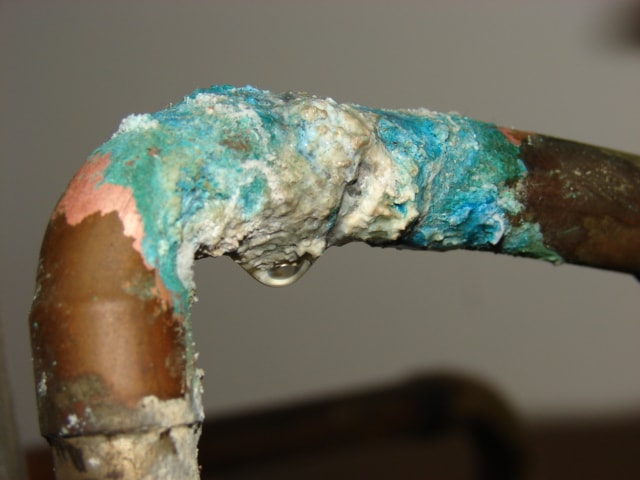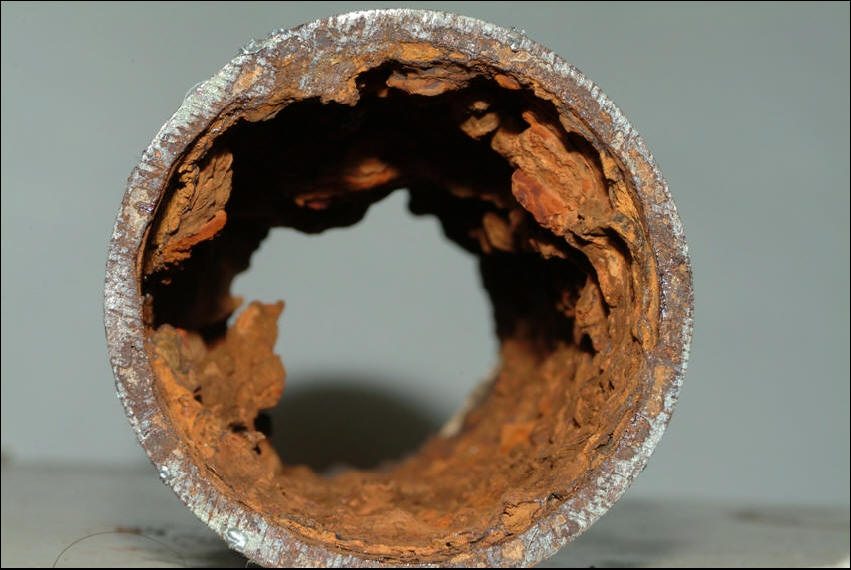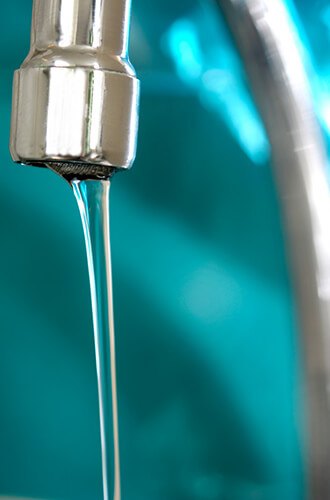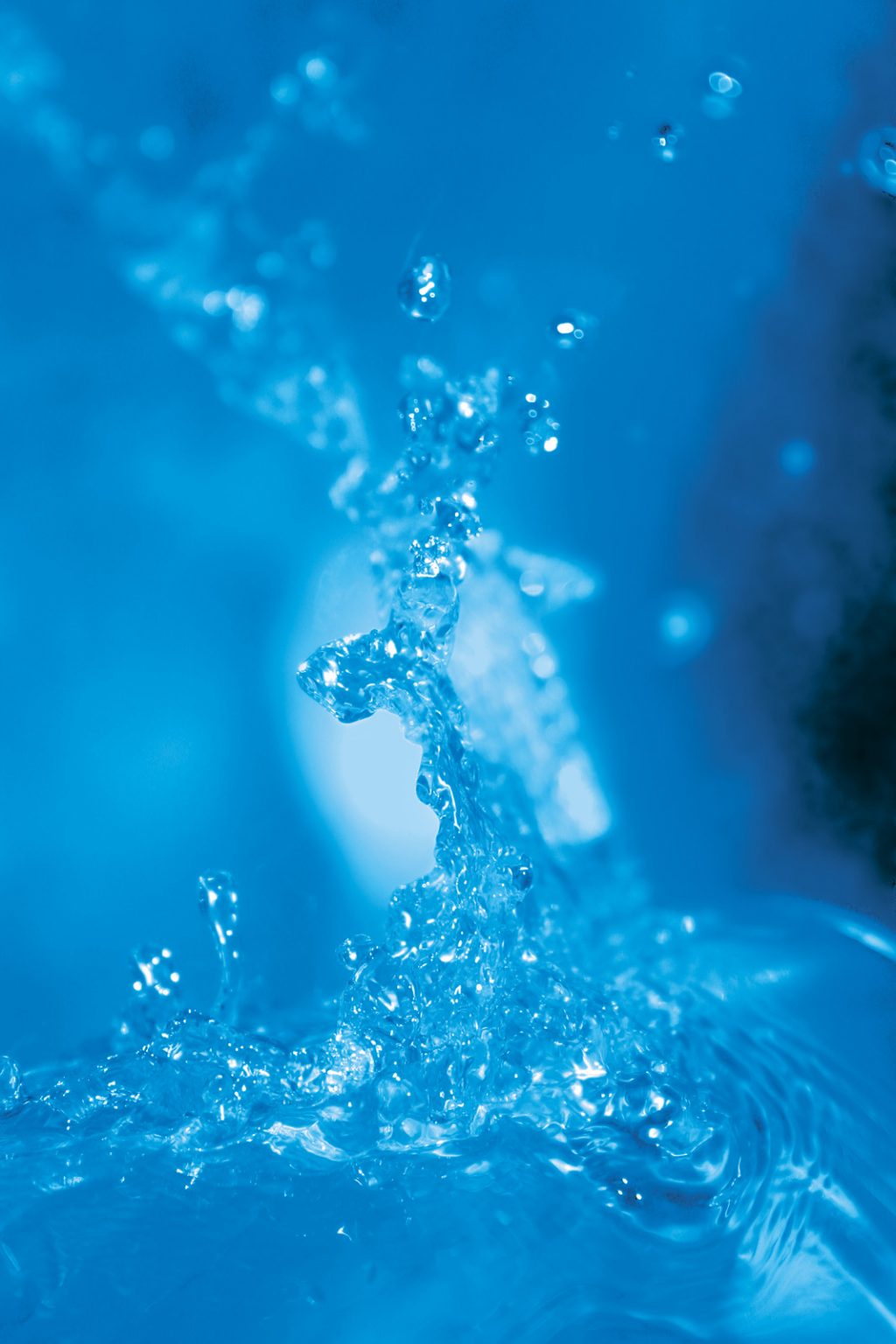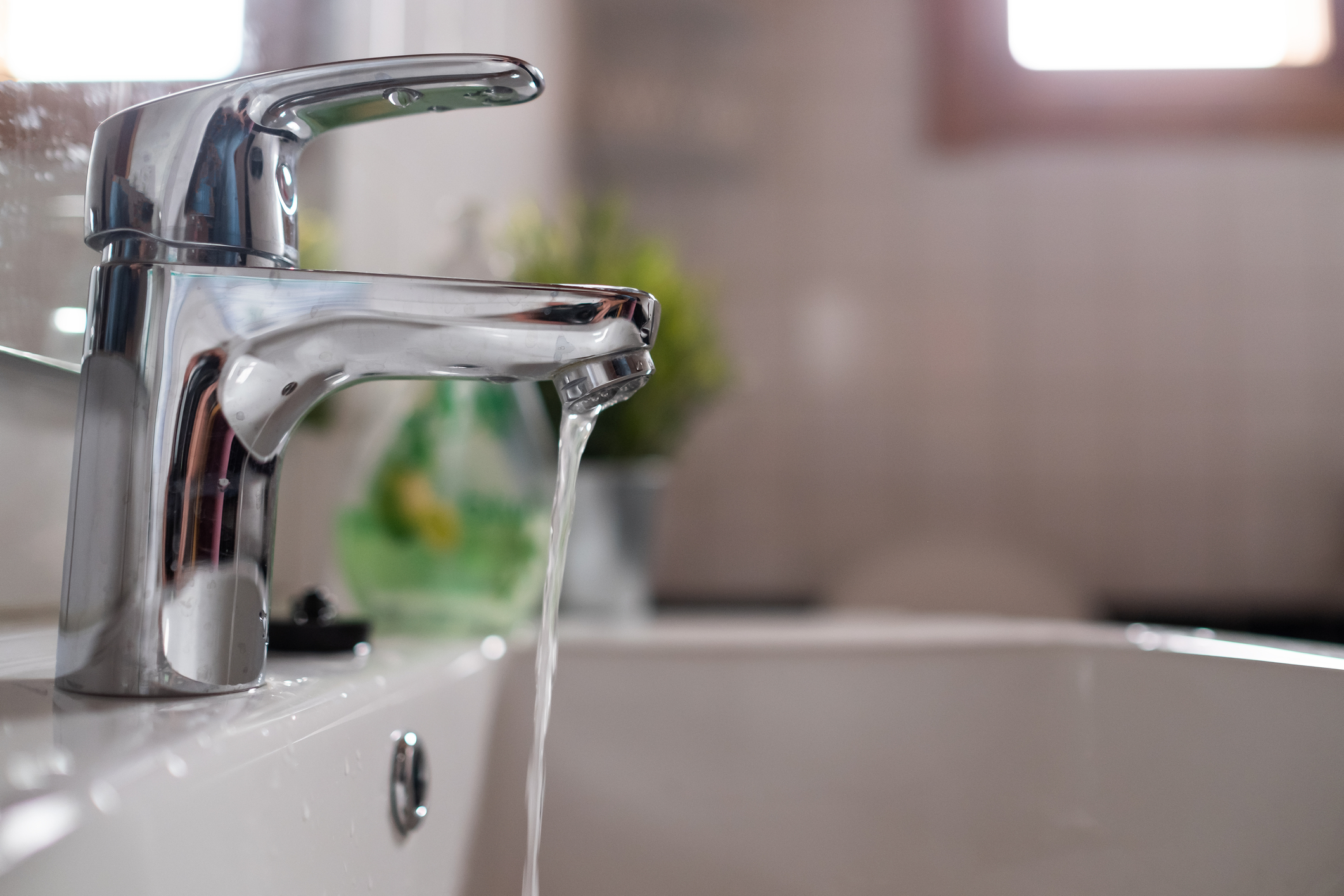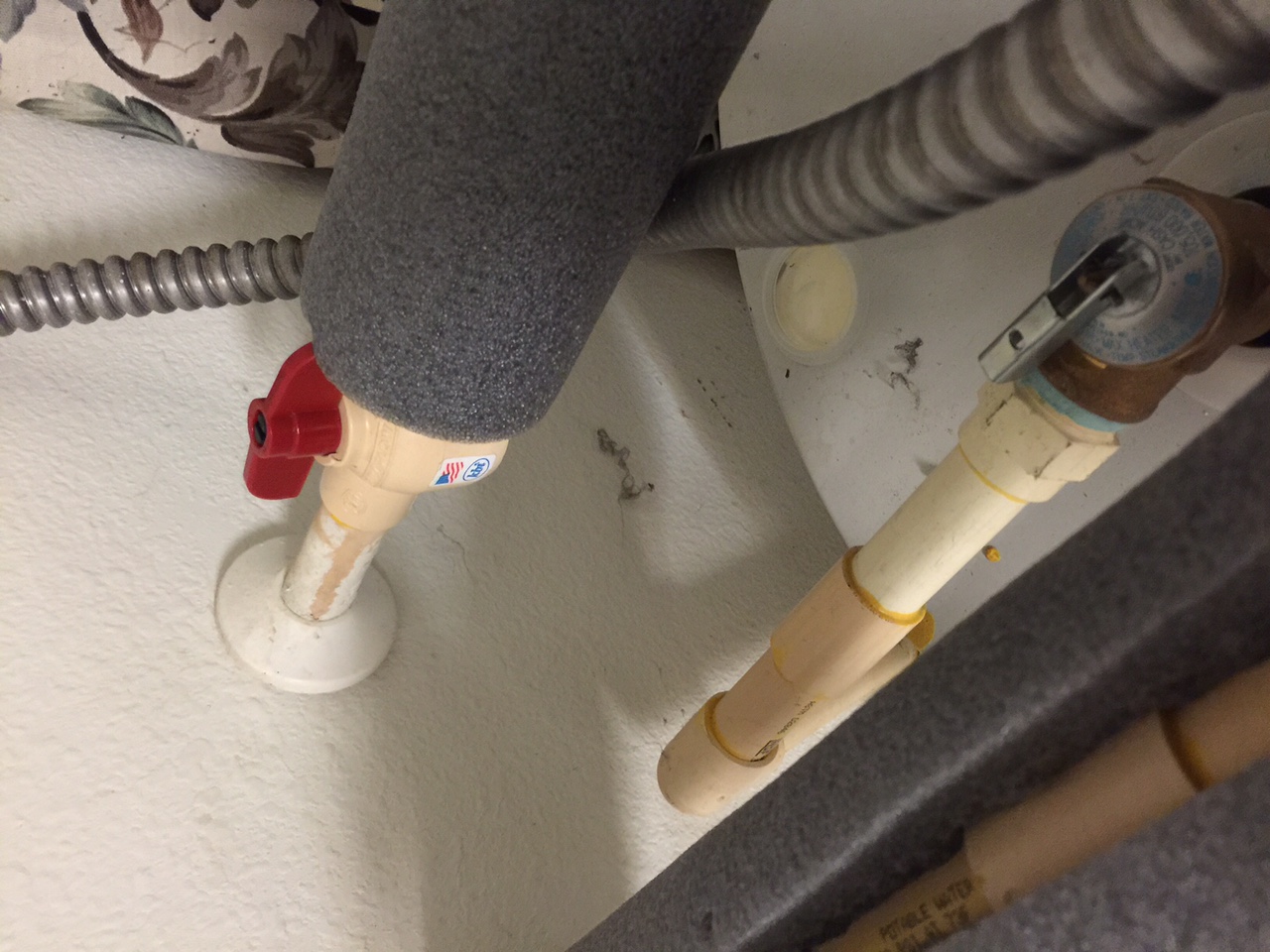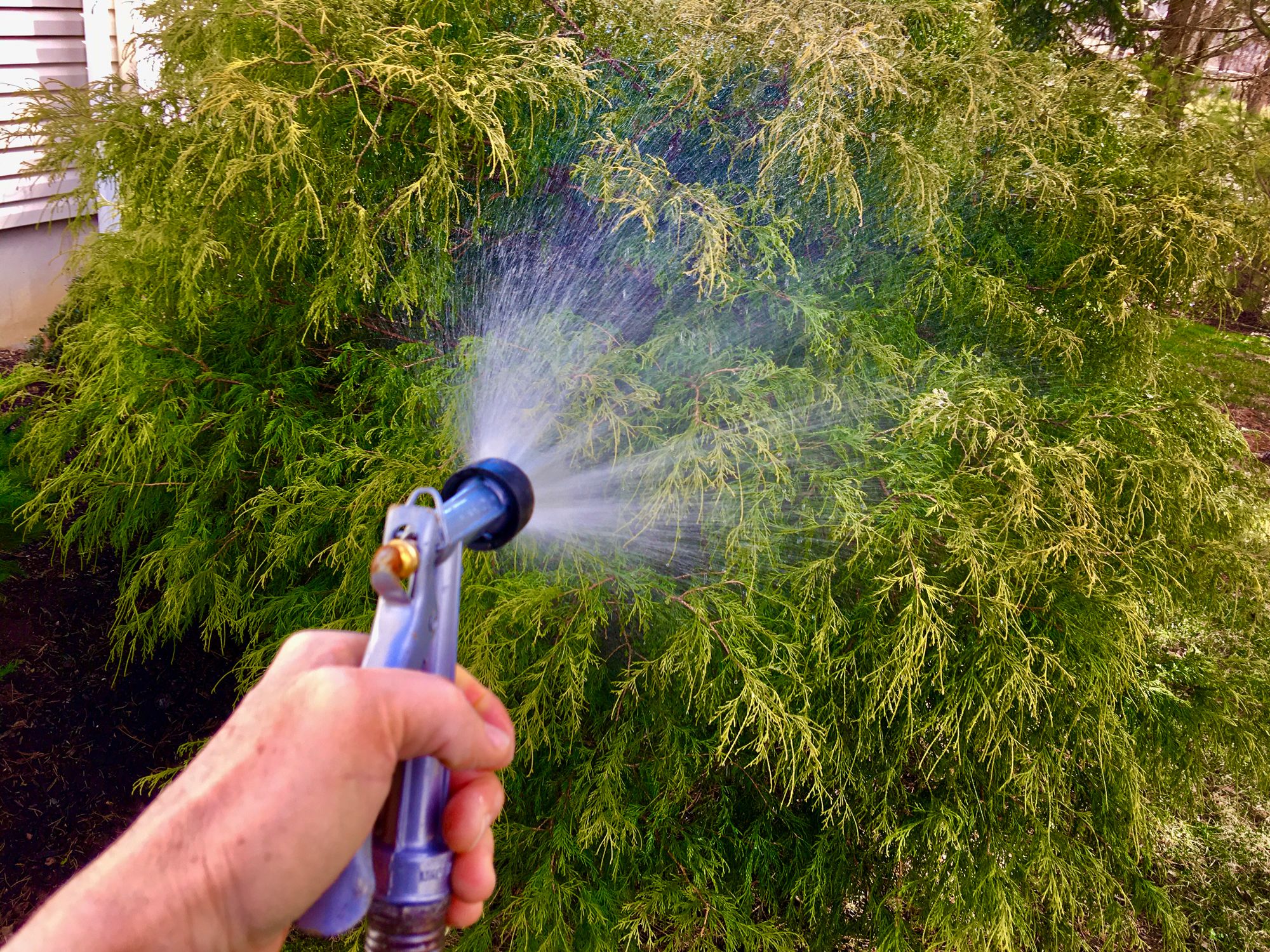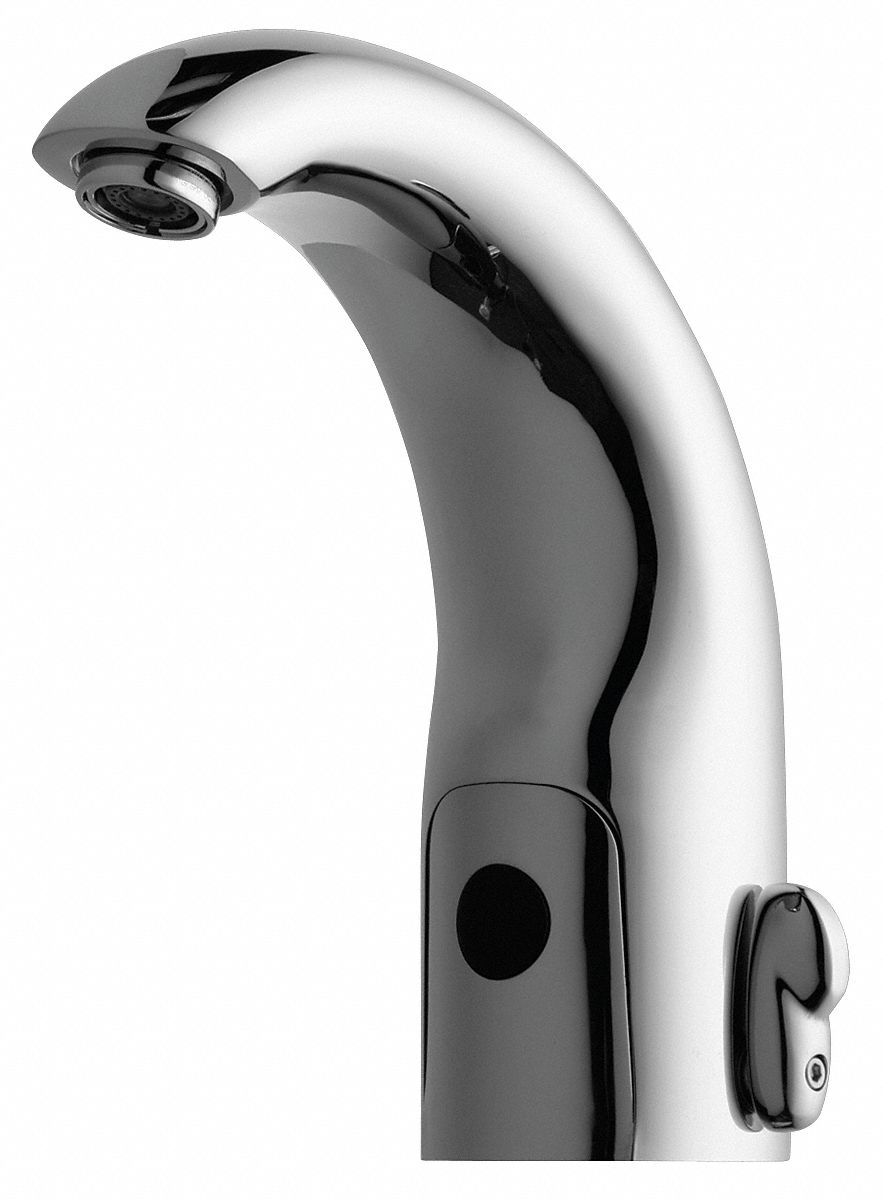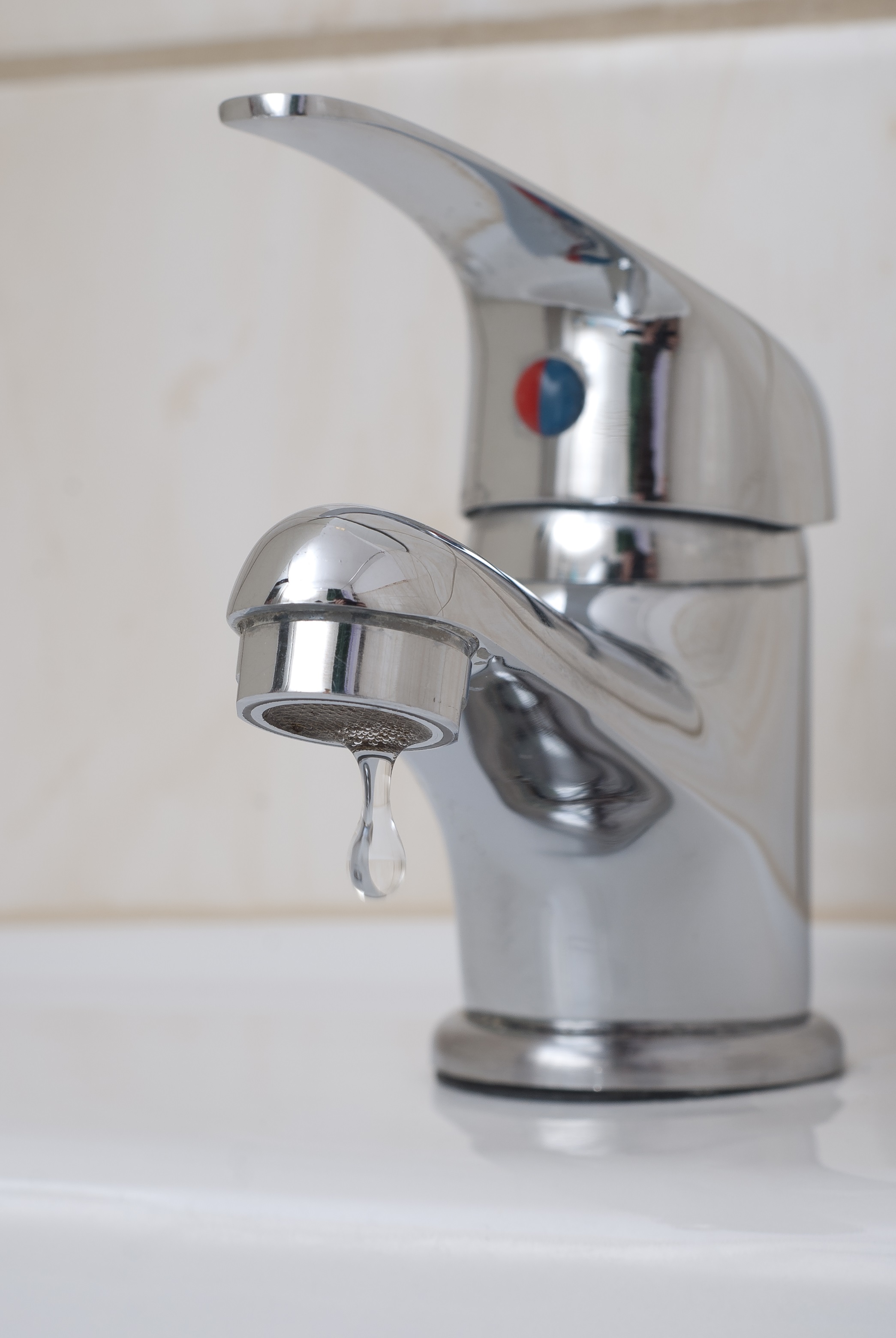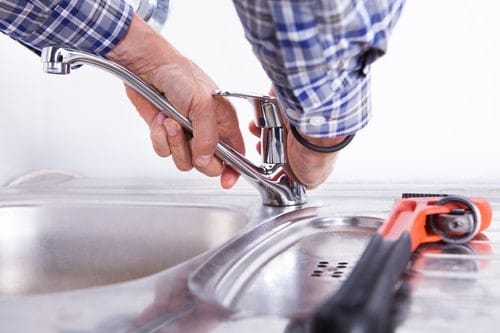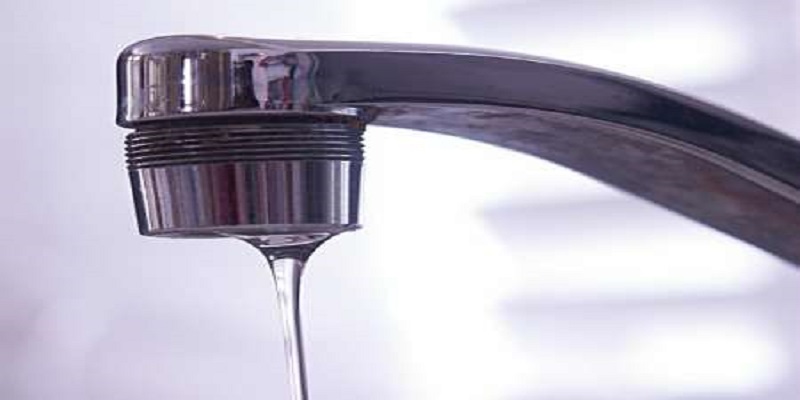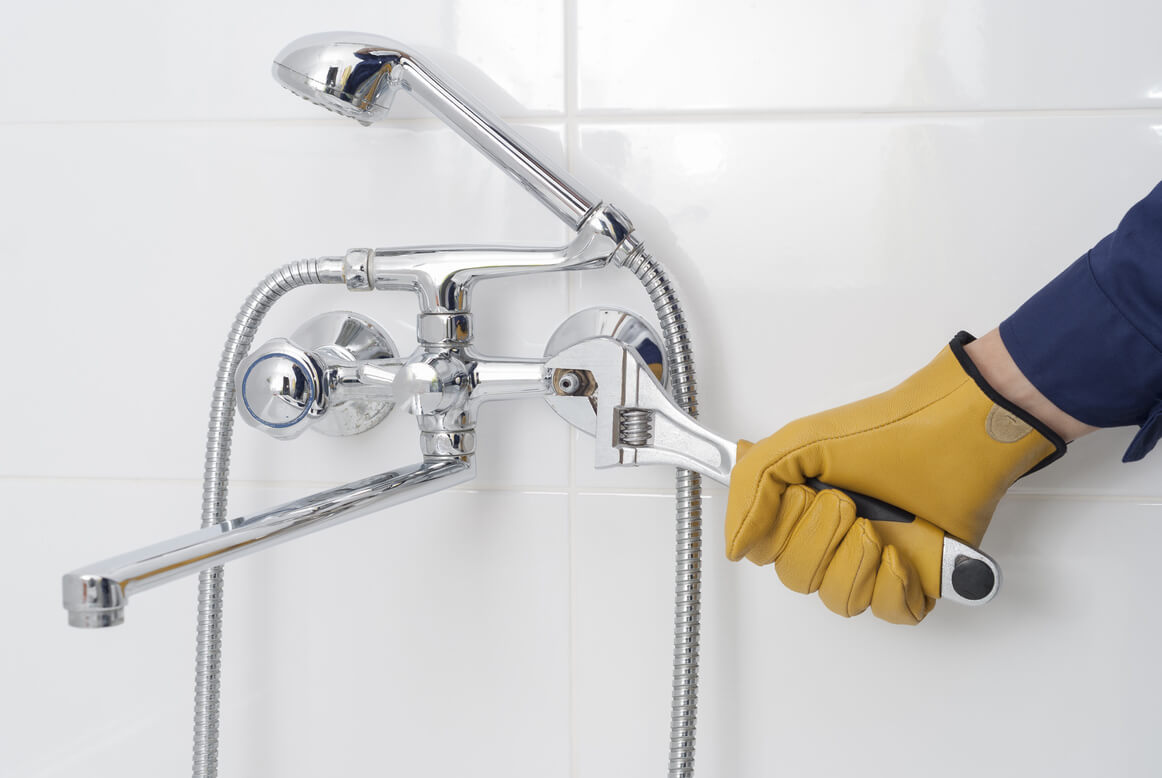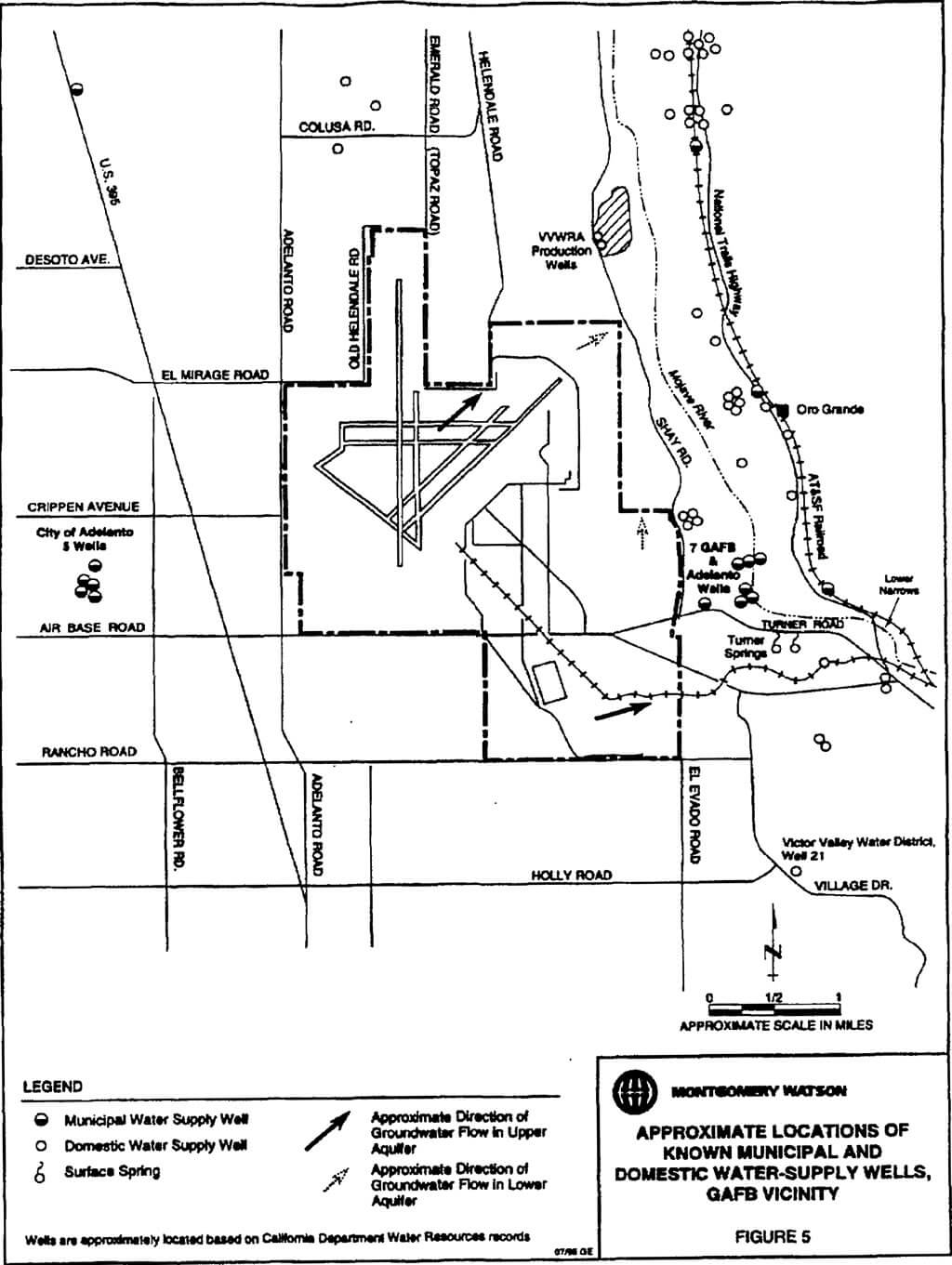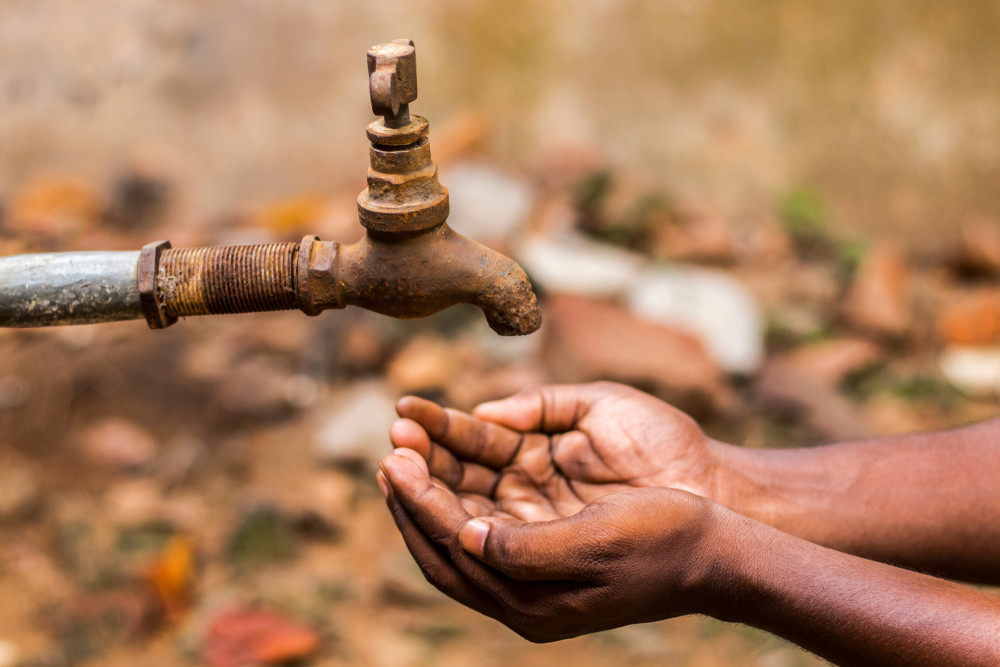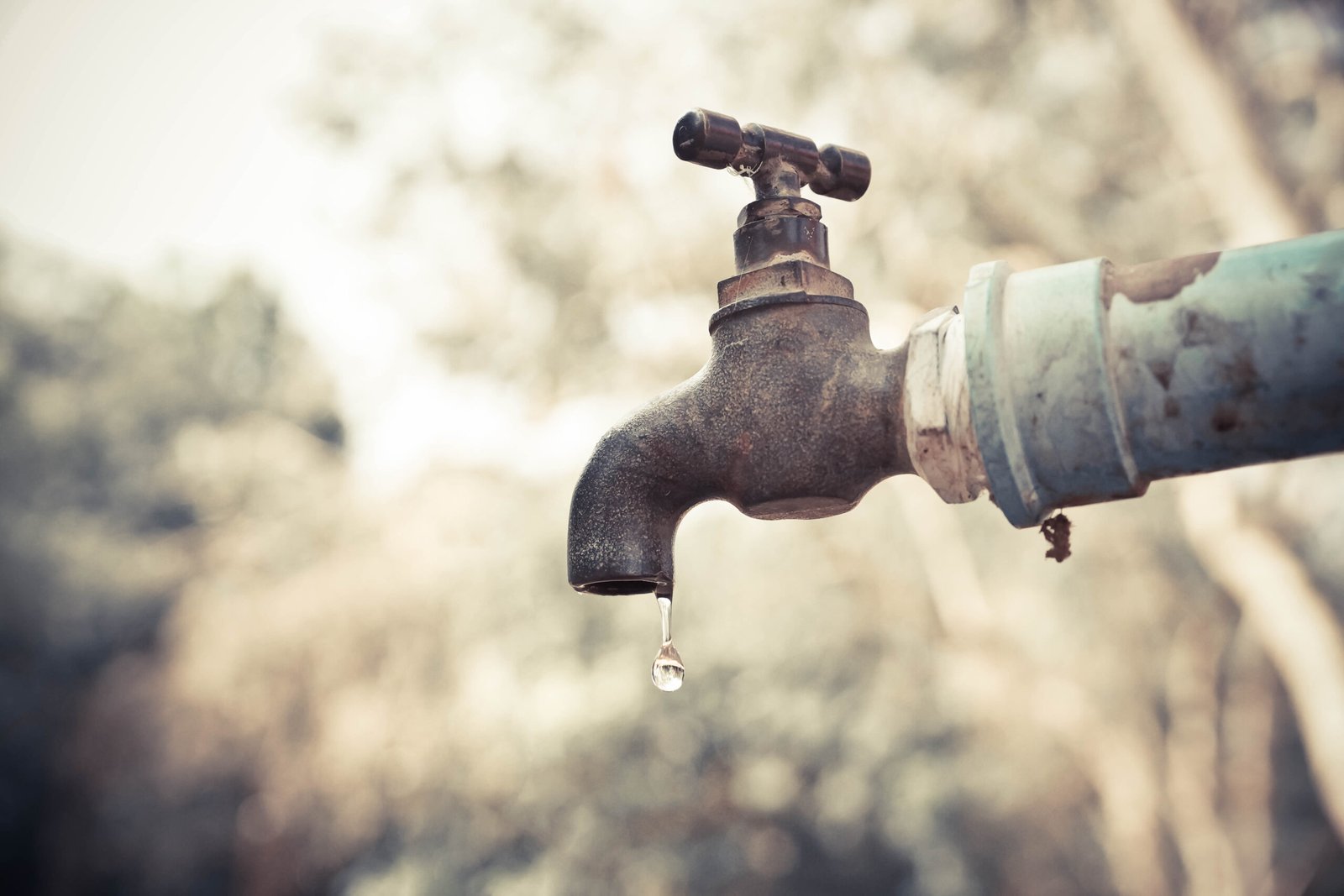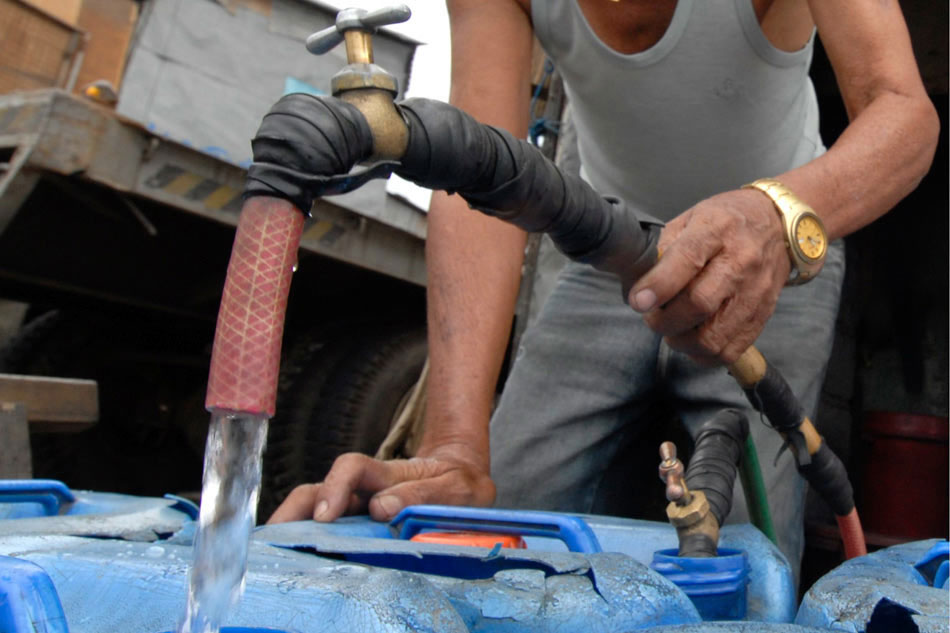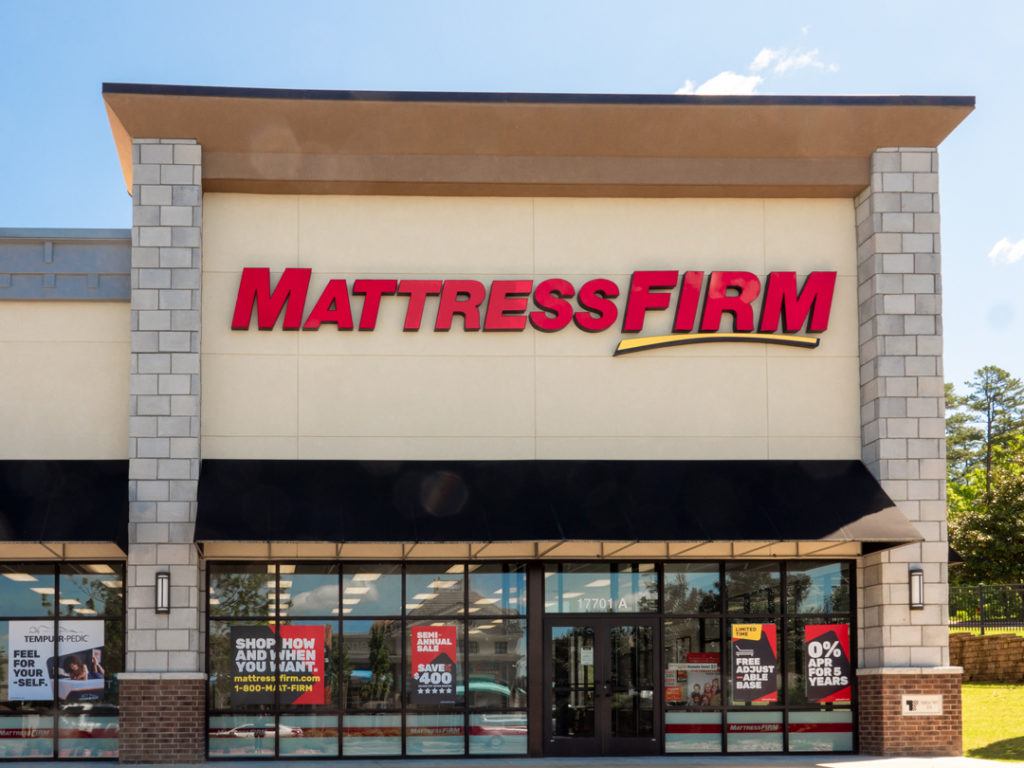One of the main reasons for low water pressure in your kitchen sink could be a clogged aerator. The aerator is a small mesh screen located at the end of your faucet that helps regulate the flow of water. Over time, minerals and debris can build up in the aerator, blocking the flow of water and causing low pressure. This can easily be fixed by removing the aerator and cleaning it thoroughly with a brush and some vinegar.
Clogged aerator
If you notice low water pressure in your kitchen sink, it could be due to leaking pipes. When pipes leak, it can cause a decrease in water pressure as the water is not able to flow freely to your faucet. This can be caused by old or corroded pipes, loose fittings, or even cracks in the pipes. It's important to have any leaking pipes fixed immediately to prevent further damage and restore proper water pressure.
Leaking pipes
The pressure regulator is responsible for regulating the water pressure in your home. If this component is faulty or damaged, it can result in low water pressure in your kitchen sink. This is often a more complex issue that requires professional help to properly diagnose and fix. If you suspect a faulty pressure regulator, it's best to call a plumber to assess and repair the problem.
Faulty pressure regulator
Mineral buildup is a common issue that can lead to low water pressure in your kitchen sink. This happens when minerals from hard water, such as calcium and magnesium, accumulate in your pipes and fixtures over time. This buildup can restrict the flow of water, resulting in low pressure. Regularly cleaning your pipes and fixtures can help prevent mineral buildup and maintain proper water pressure.
Mineral buildup
The shut-off valve is responsible for controlling the flow of water to your home. If this valve is faulty or not fully open, it can result in low water pressure in your kitchen sink. This is a relatively simple fix, as you can check the shut-off valve and ensure it is fully open. If the valve is damaged, it will need to be replaced by a professional.
Faulty shut-off valve
A water main break is a more serious issue that can cause low water pressure in your kitchen sink. This occurs when the main pipe that supplies water to your home is damaged or broken. If this happens, you may experience low water pressure throughout your entire home. In this case, it's important to contact your local water utility company to report the issue and have it repaired.
Water main break
Corroded pipes can also be a main reason for low water pressure in your kitchen sink. Over time, pipes can become corroded and develop buildup, causing a decrease in water flow. This can also lead to leaks and other plumbing issues. If you suspect corroded pipes, it's best to call a professional plumber to assess and replace any damaged pipes.
Corroded pipes
If you are experiencing low water pressure in your entire house, it could be an issue with your water supply. This could be due to a problem with the municipal water supply or your home's water pump. In this case, it's best to contact your water utility company for assistance or a plumber to assess your water pump and make any necessary repairs.
Low water pressure in entire house
Sometimes, the culprit for low water pressure in your kitchen sink could be a faulty faucet. This could be due to a clog in the faucet or a damaged component within the faucet itself. If you have tried all other solutions and are still experiencing low water pressure, it may be time to replace your faucet.
Faulty faucet
Lastly, another main reason for low water pressure in your kitchen sink could be an issue with your home's water supply. This could be due to a temporary disruption in the water supply, a problem with the water main, or a problem with your home's plumbing system. In this case, it's best to contact your water utility company for assistance or a professional plumber to assess and fix the issue.
Water supply issue
Additional Reasons for Low Water Pressure in Kitchen Sink
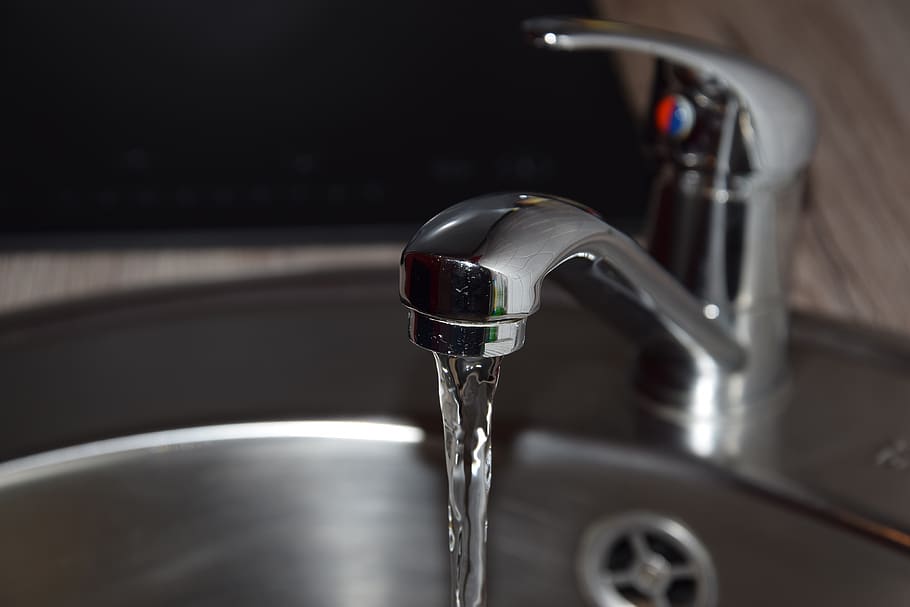
1. Clogged Pipes and Drains
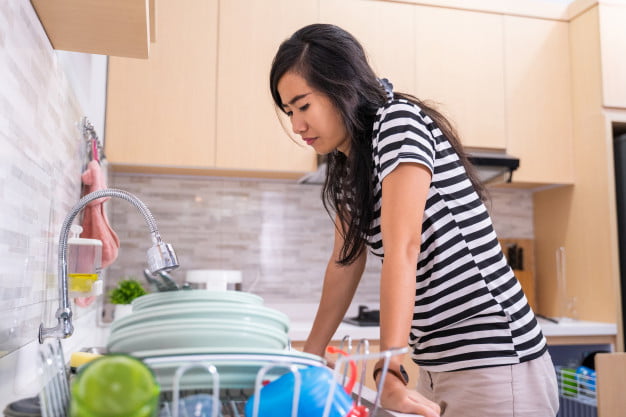 One of the most common reasons for low water pressure in the kitchen sink is due to clogged pipes and drains. Over time, debris and mineral buildup can accumulate in the pipes, restricting the flow of water. This can be caused by a variety of factors such as hard water, food scraps, and grease. If left unaddressed, the clog can become severe and significantly reduce water pressure in your kitchen sink. It is important to regularly clean and maintain your pipes to prevent this issue.
One of the most common reasons for low water pressure in the kitchen sink is due to clogged pipes and drains. Over time, debris and mineral buildup can accumulate in the pipes, restricting the flow of water. This can be caused by a variety of factors such as hard water, food scraps, and grease. If left unaddressed, the clog can become severe and significantly reduce water pressure in your kitchen sink. It is important to regularly clean and maintain your pipes to prevent this issue.
2. Faulty Faucet or Aerators
 Another culprit for low water pressure in the kitchen sink could be a faulty faucet or aerator. Over time, the internal components of your faucet can wear out or become damaged, leading to reduced water flow. Similarly, aerators, which are small screens attached to the end of the faucet, can become clogged with debris and restrict water flow. If you notice a significant decrease in water pressure, it may be time to replace your faucet or clean your aerator.
Another culprit for low water pressure in the kitchen sink could be a faulty faucet or aerator. Over time, the internal components of your faucet can wear out or become damaged, leading to reduced water flow. Similarly, aerators, which are small screens attached to the end of the faucet, can become clogged with debris and restrict water flow. If you notice a significant decrease in water pressure, it may be time to replace your faucet or clean your aerator.
3. Old Plumbing System
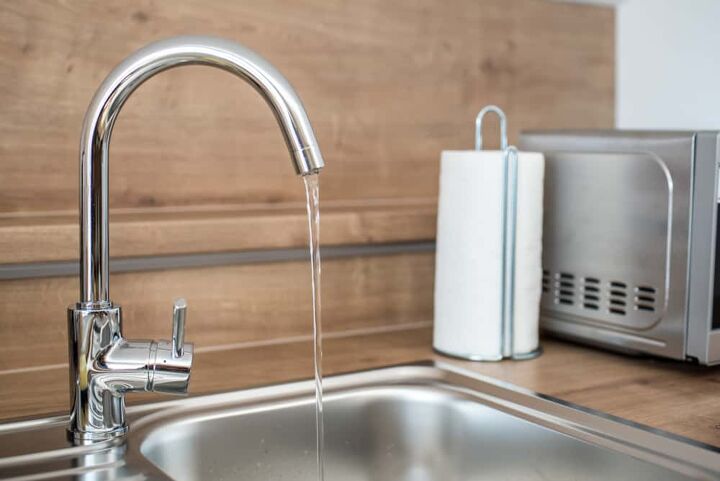 If your home has an older plumbing system, it may be the cause of your low water pressure in the kitchen sink. Over time, pipes can corrode, become damaged, or develop leaks, all of which can affect the water flow. Additionally, older homes may have smaller pipes, which cannot accommodate the water demands of modern appliances such as dishwashers and washing machines. In this case, upgrading your plumbing system may be necessary to improve water pressure in your kitchen sink.
If your home has an older plumbing system, it may be the cause of your low water pressure in the kitchen sink. Over time, pipes can corrode, become damaged, or develop leaks, all of which can affect the water flow. Additionally, older homes may have smaller pipes, which cannot accommodate the water demands of modern appliances such as dishwashers and washing machines. In this case, upgrading your plumbing system may be necessary to improve water pressure in your kitchen sink.
4. Water Supply Issues
 Sometimes, the issue may not be with your plumbing system, but with the water supply itself. If your home is connected to a municipal water supply, low water pressure can occur due to high demand or maintenance work being done on the water lines. If you live in a rural area with a private well, issues such as low water levels or pump malfunctions can also affect water pressure. In these cases, it is best to contact your local water provider or a plumber to address the issue.
Sometimes, the issue may not be with your plumbing system, but with the water supply itself. If your home is connected to a municipal water supply, low water pressure can occur due to high demand or maintenance work being done on the water lines. If you live in a rural area with a private well, issues such as low water levels or pump malfunctions can also affect water pressure. In these cases, it is best to contact your local water provider or a plumber to address the issue.
5. Low Water Pressure Regulator
 A water pressure regulator is a device that controls the flow of water from the main supply line into your home. If the regulator is not functioning correctly, it can result in low water pressure throughout your home, including the kitchen sink. This can be caused by a malfunctioning regulator or incorrect pressure settings. A plumber can help you adjust or replace the regulator to improve water pressure.
In conclusion, low water pressure in the kitchen sink can be caused by various issues such as clogged pipes, faulty faucets, old plumbing systems, water supply problems, and malfunctioning water pressure regulators. It is essential to identify and address these issues promptly to ensure proper water flow in your kitchen sink and throughout your home.
A water pressure regulator is a device that controls the flow of water from the main supply line into your home. If the regulator is not functioning correctly, it can result in low water pressure throughout your home, including the kitchen sink. This can be caused by a malfunctioning regulator or incorrect pressure settings. A plumber can help you adjust or replace the regulator to improve water pressure.
In conclusion, low water pressure in the kitchen sink can be caused by various issues such as clogged pipes, faulty faucets, old plumbing systems, water supply problems, and malfunctioning water pressure regulators. It is essential to identify and address these issues promptly to ensure proper water flow in your kitchen sink and throughout your home.



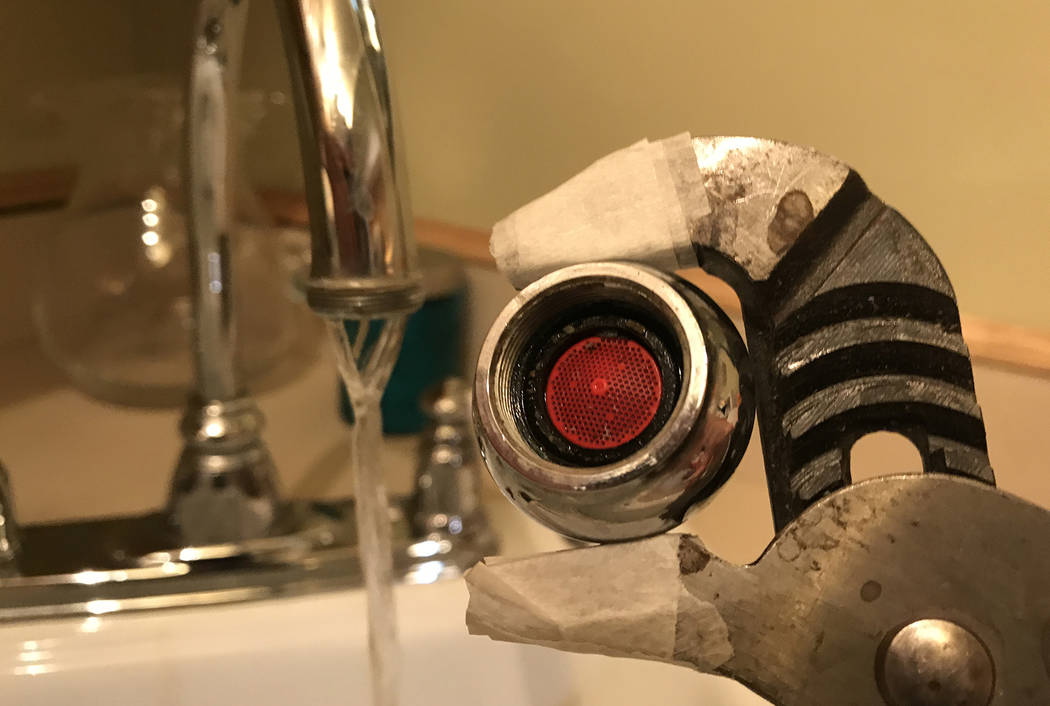

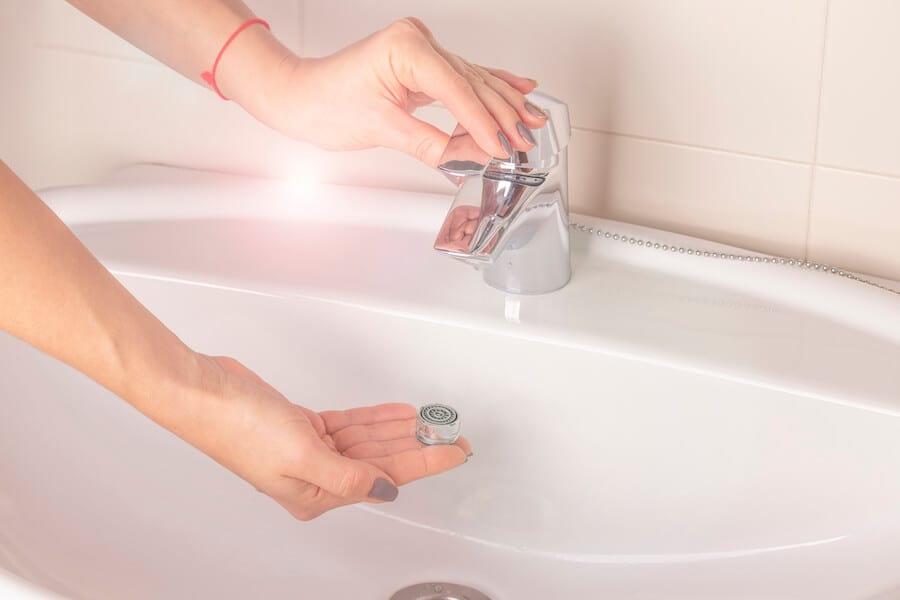



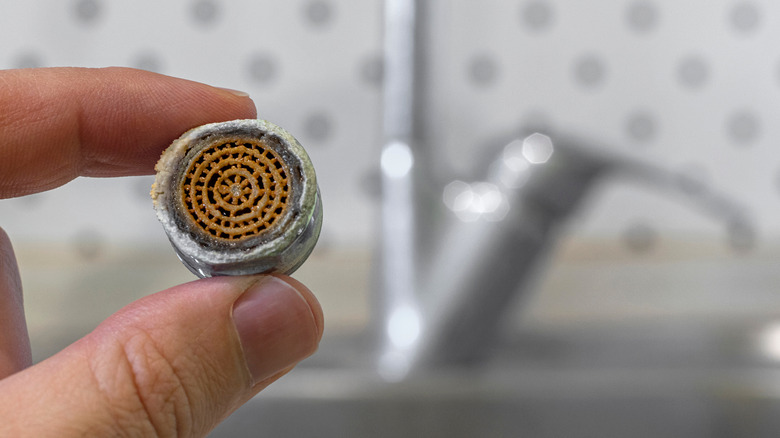
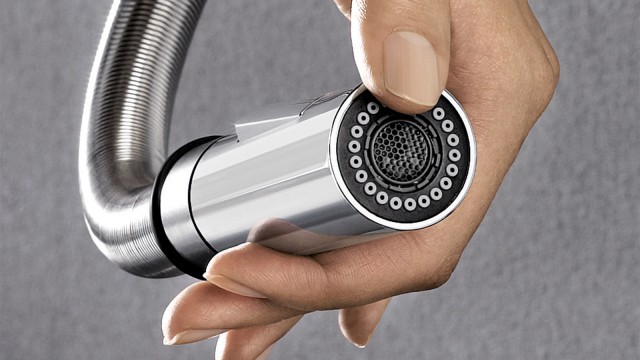
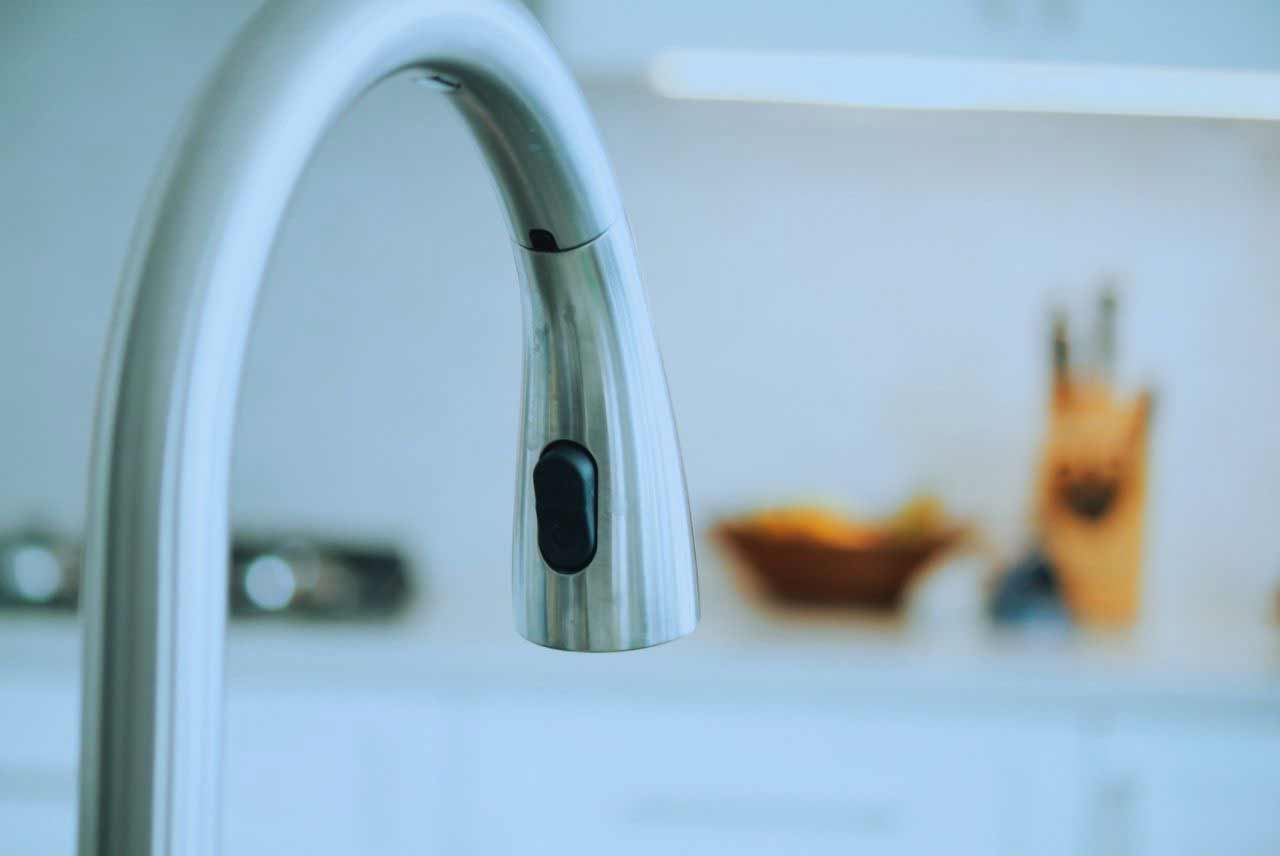




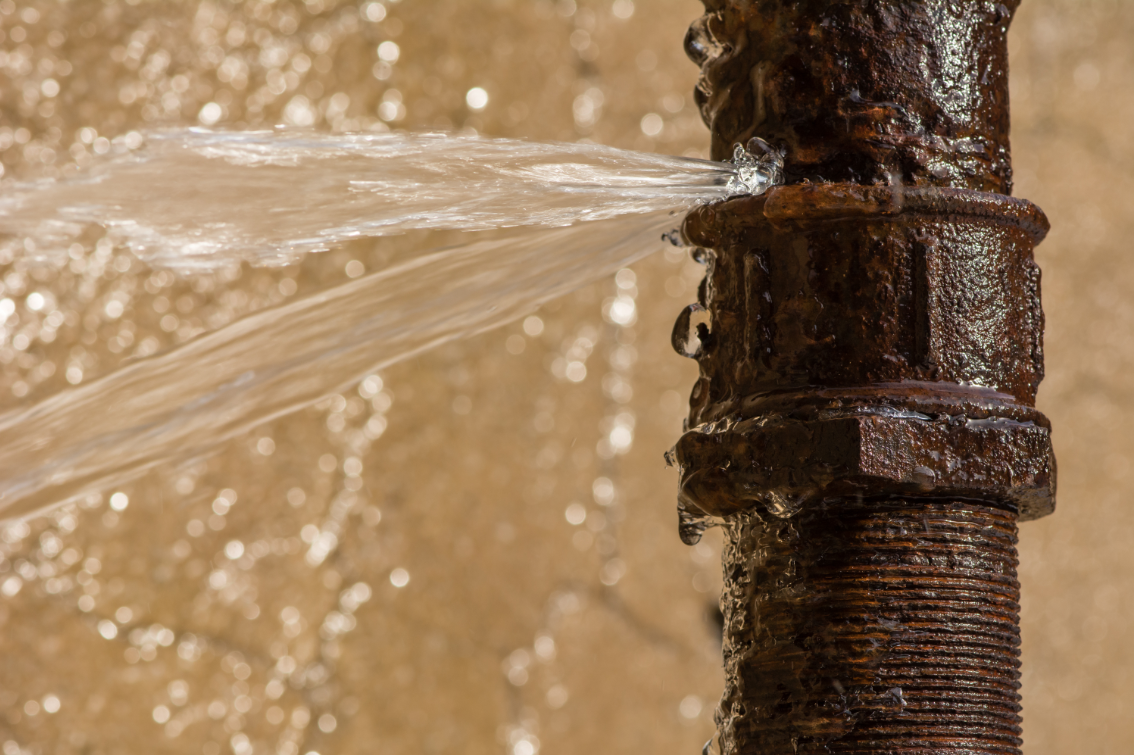
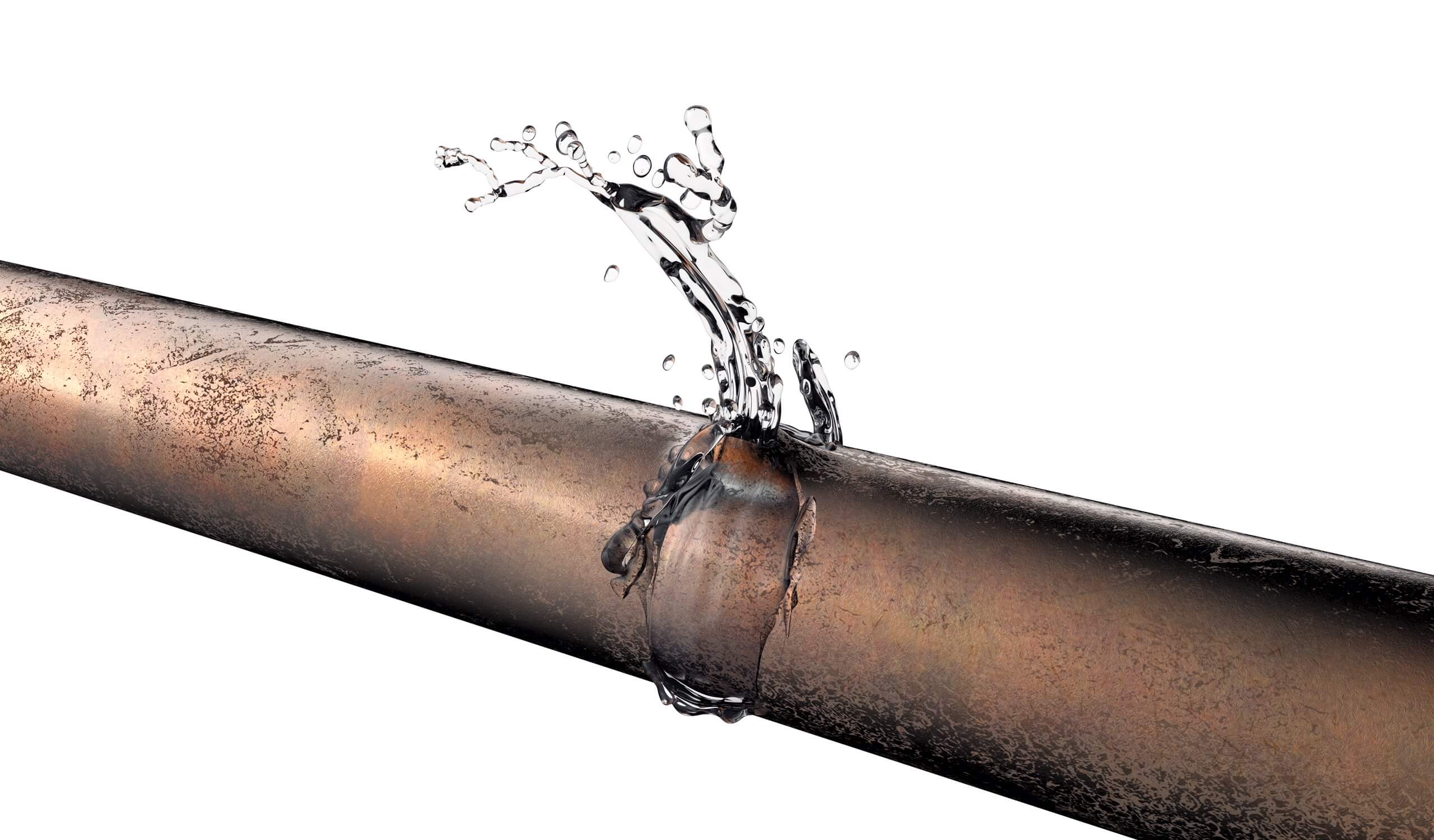
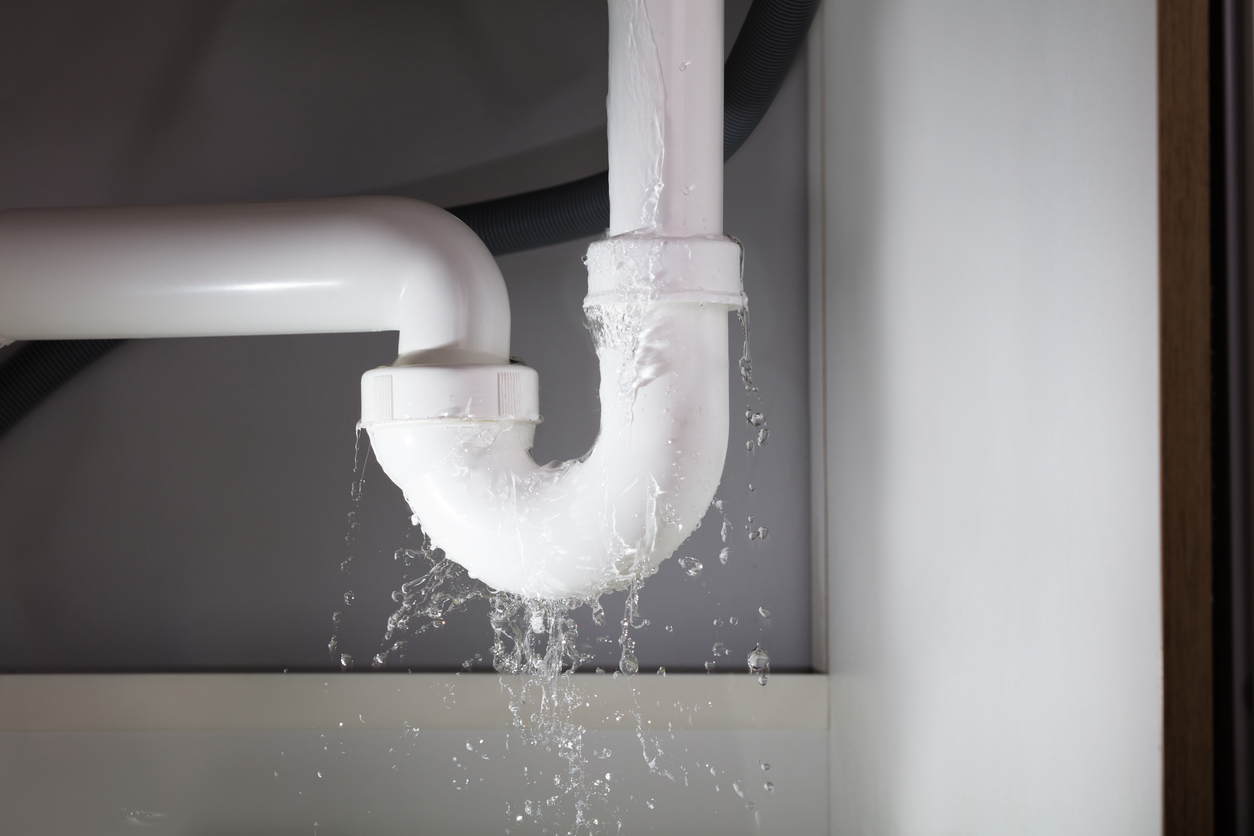
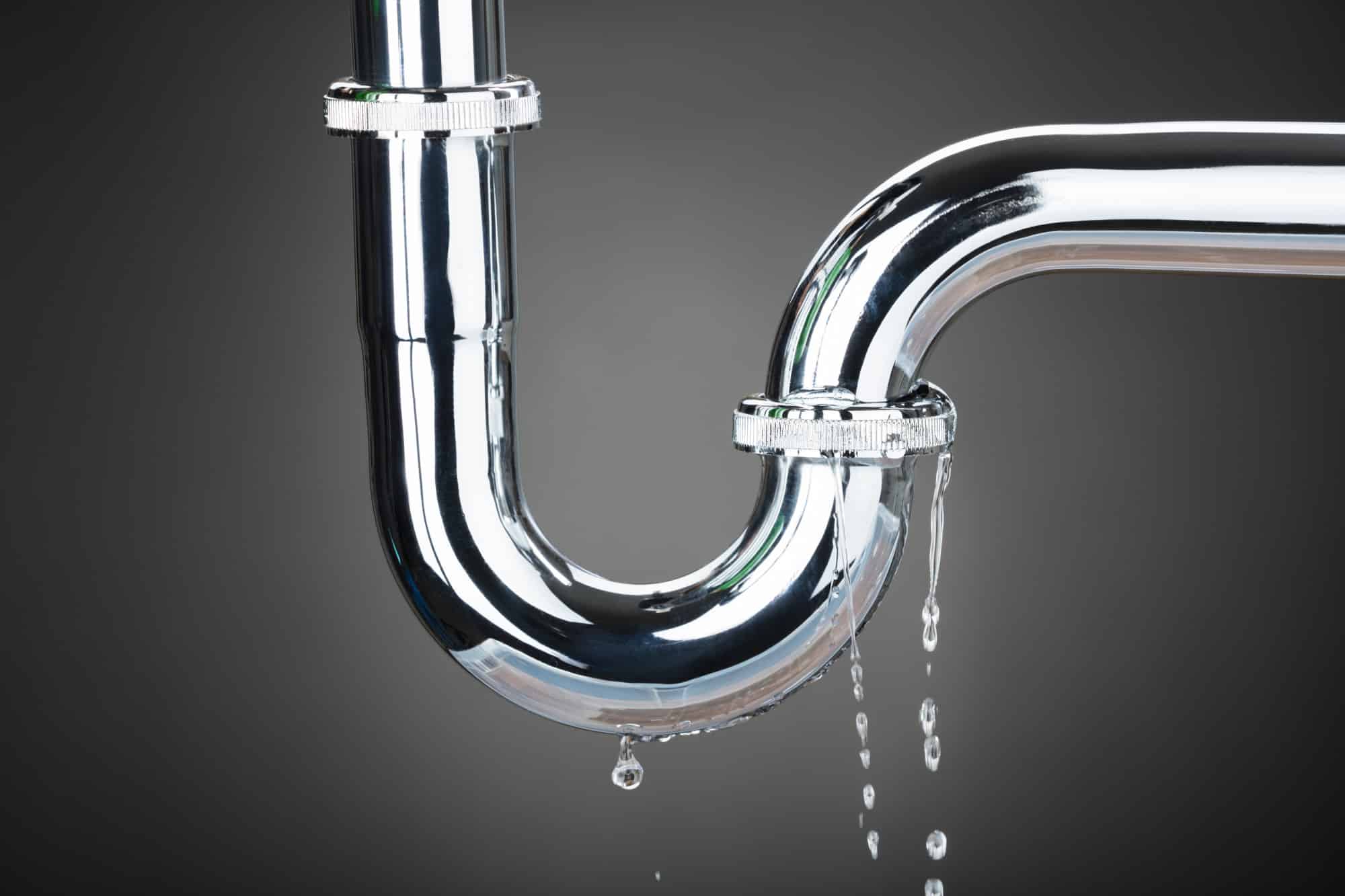
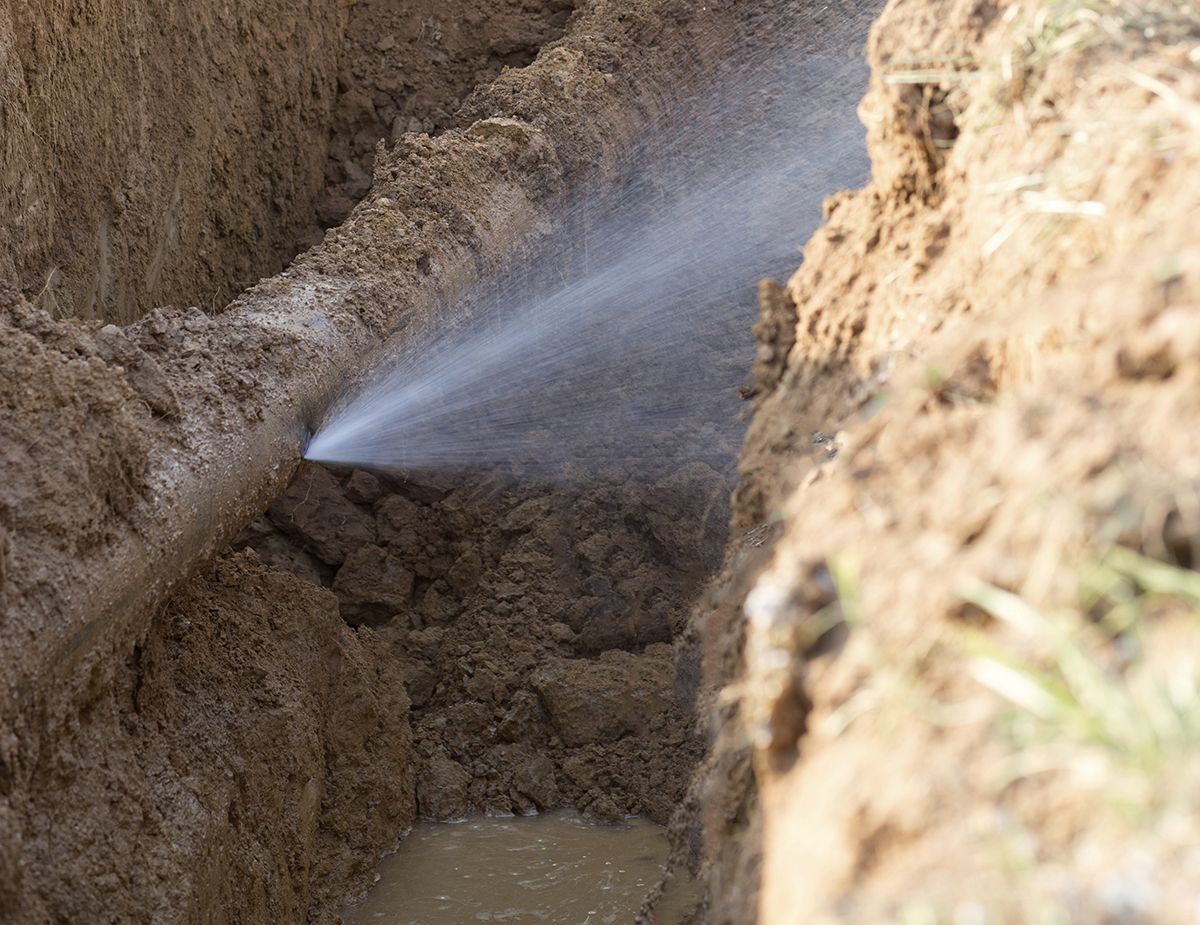
.jpg)
